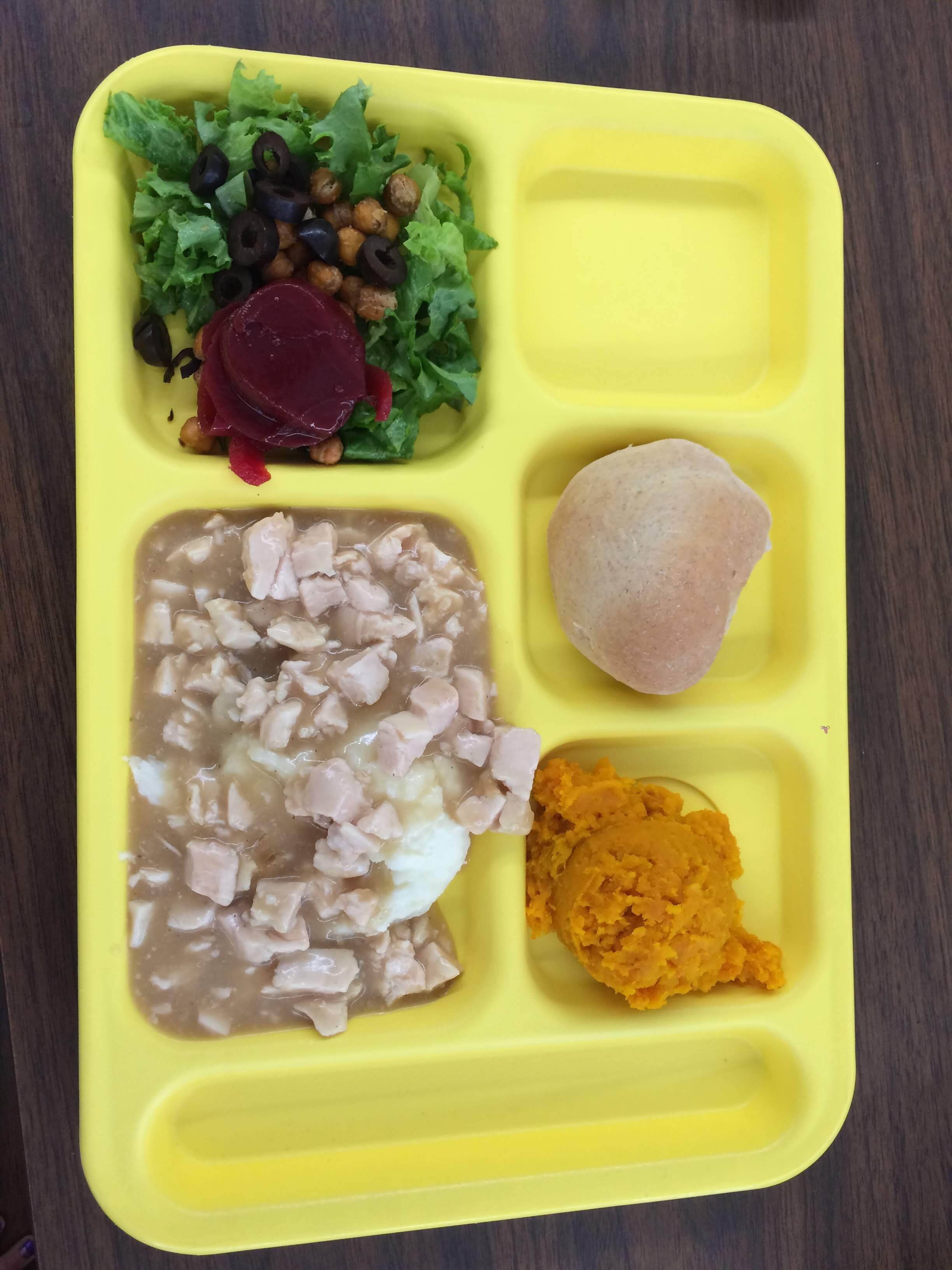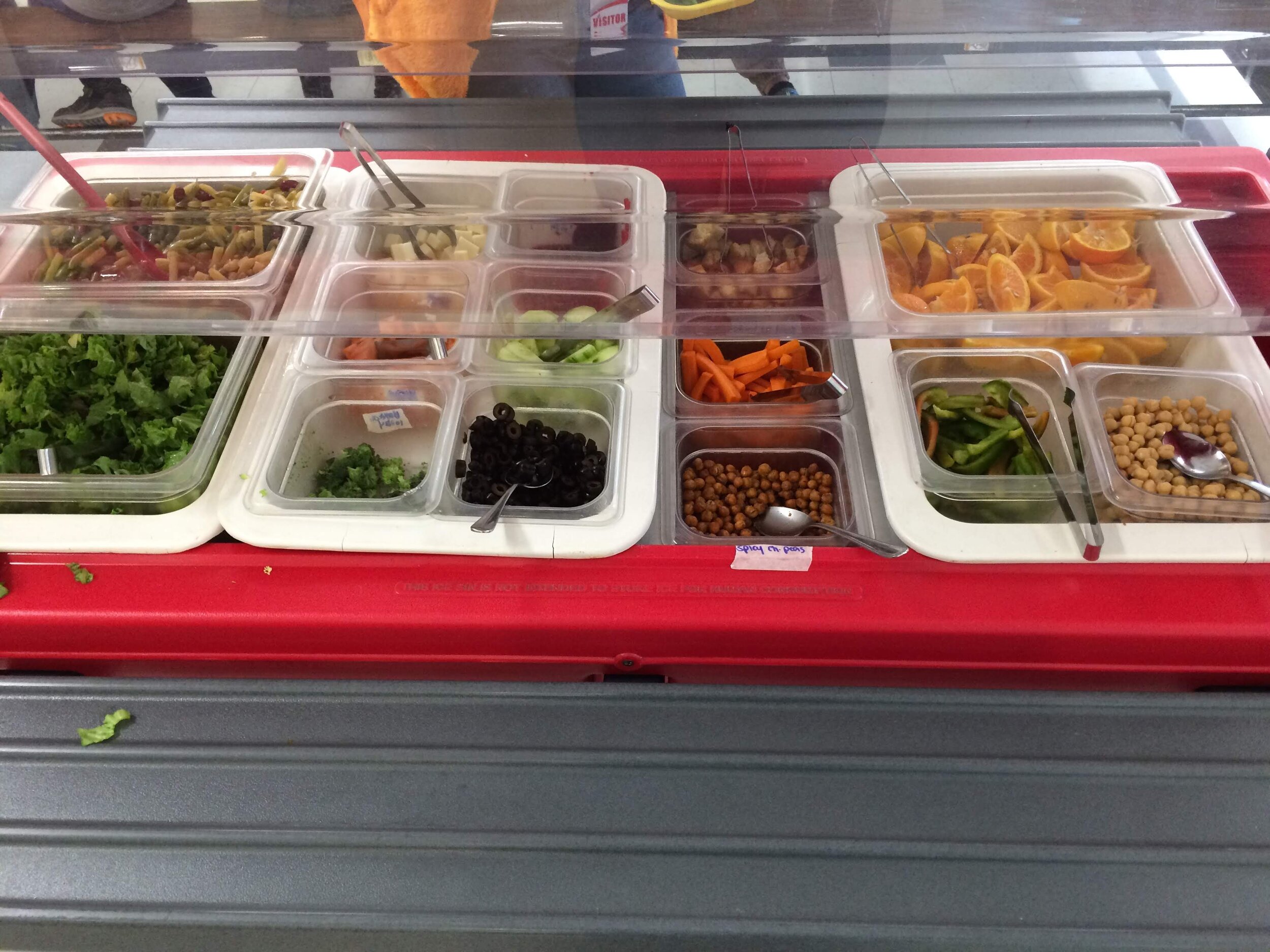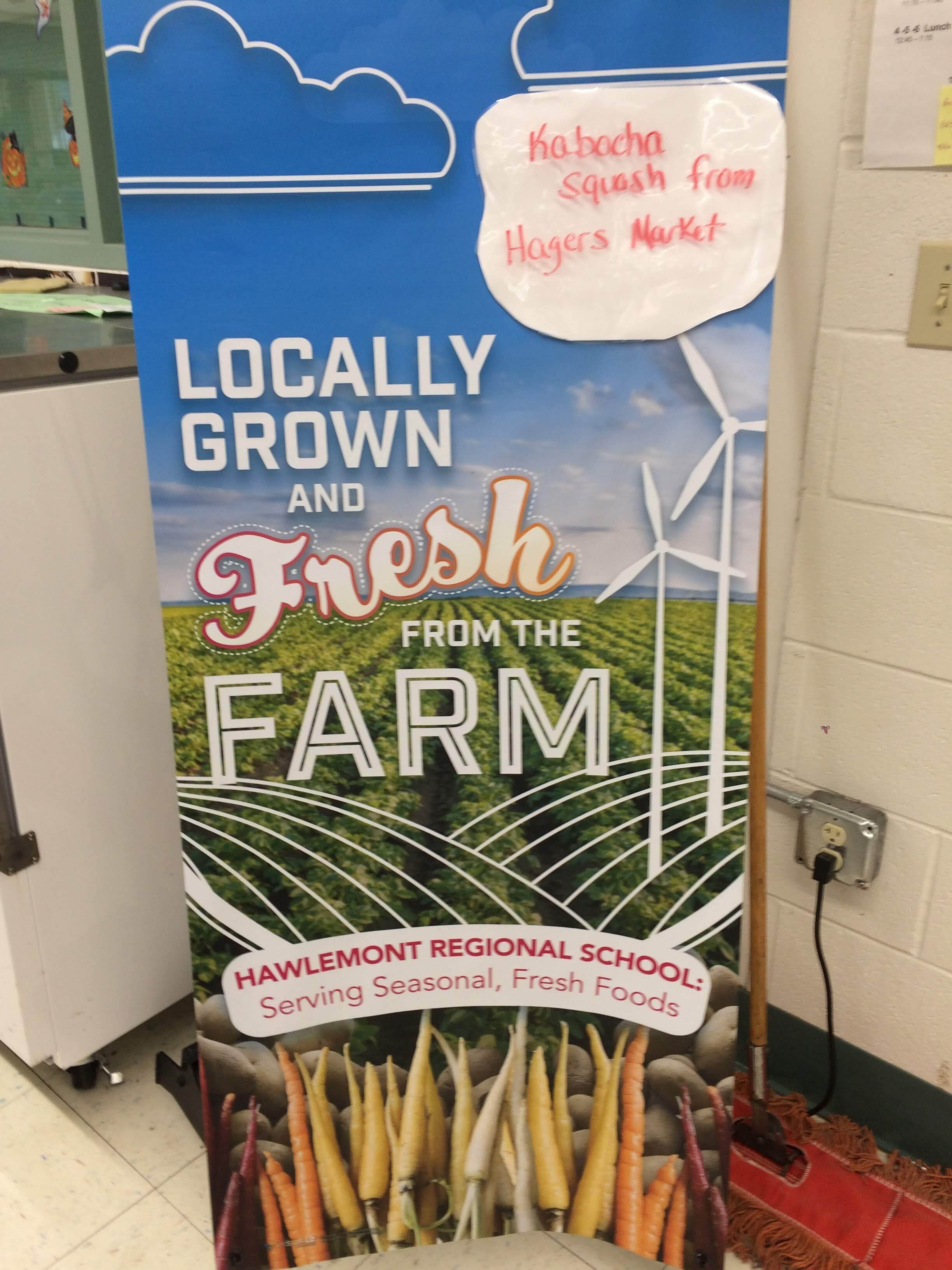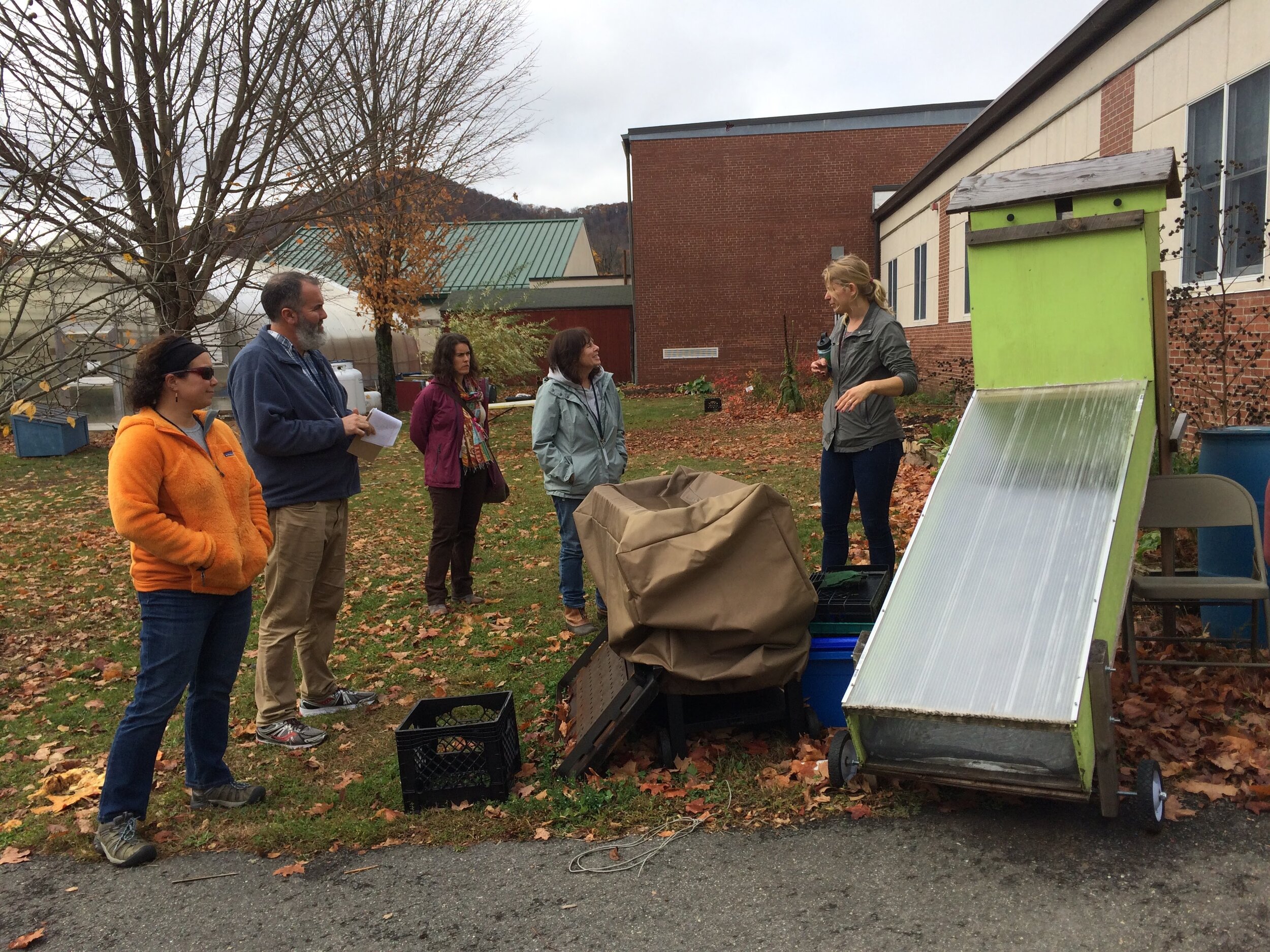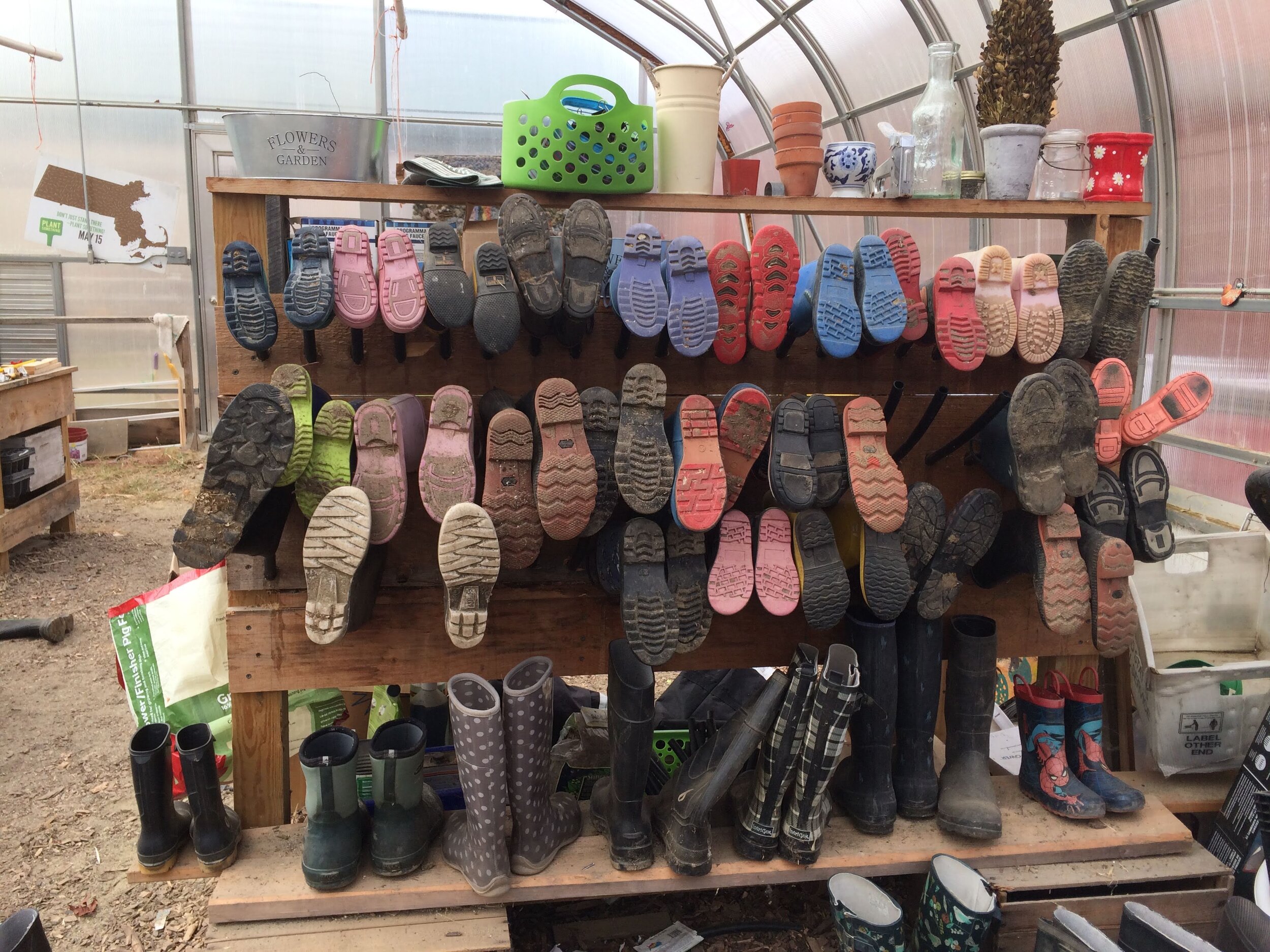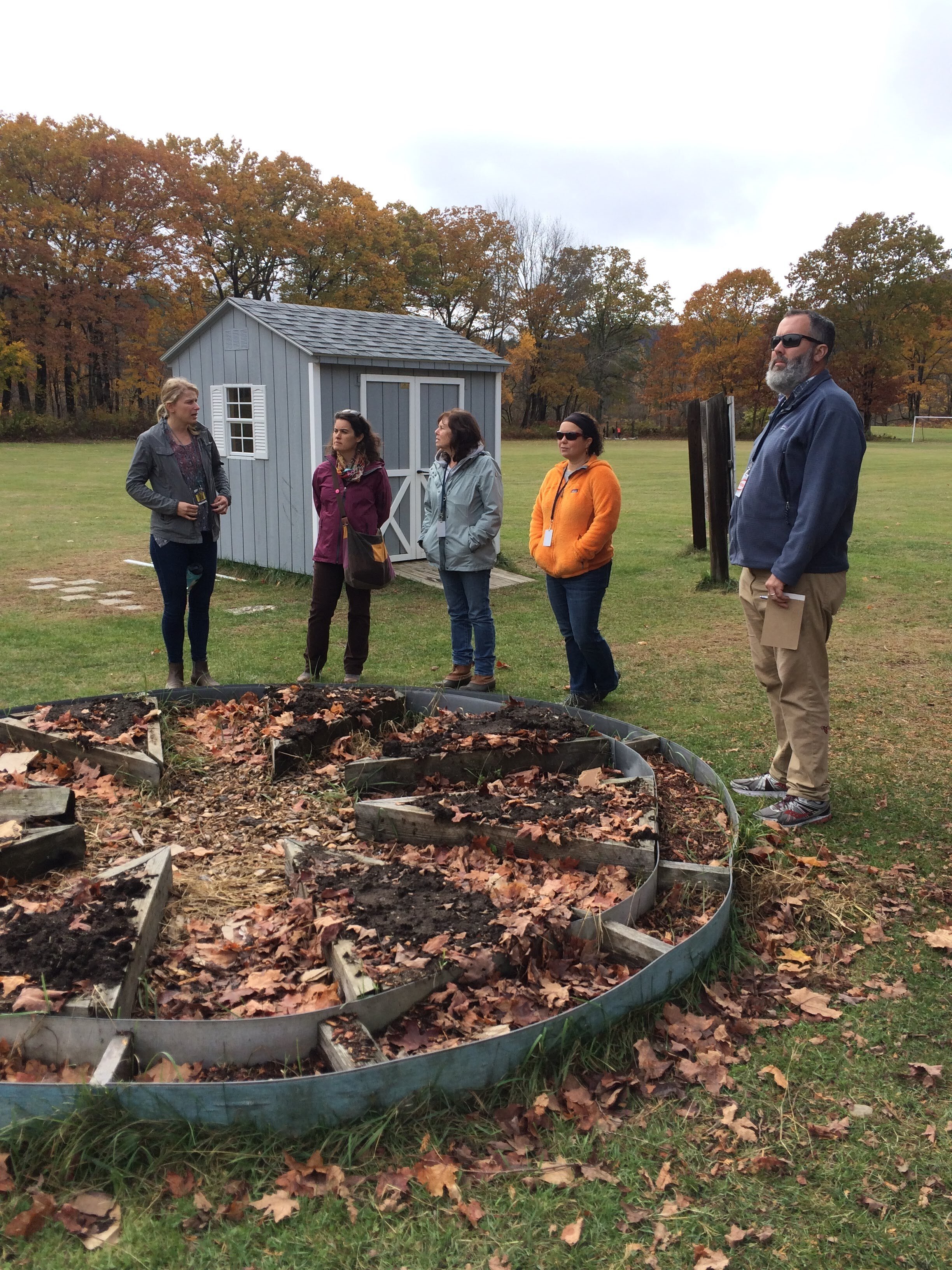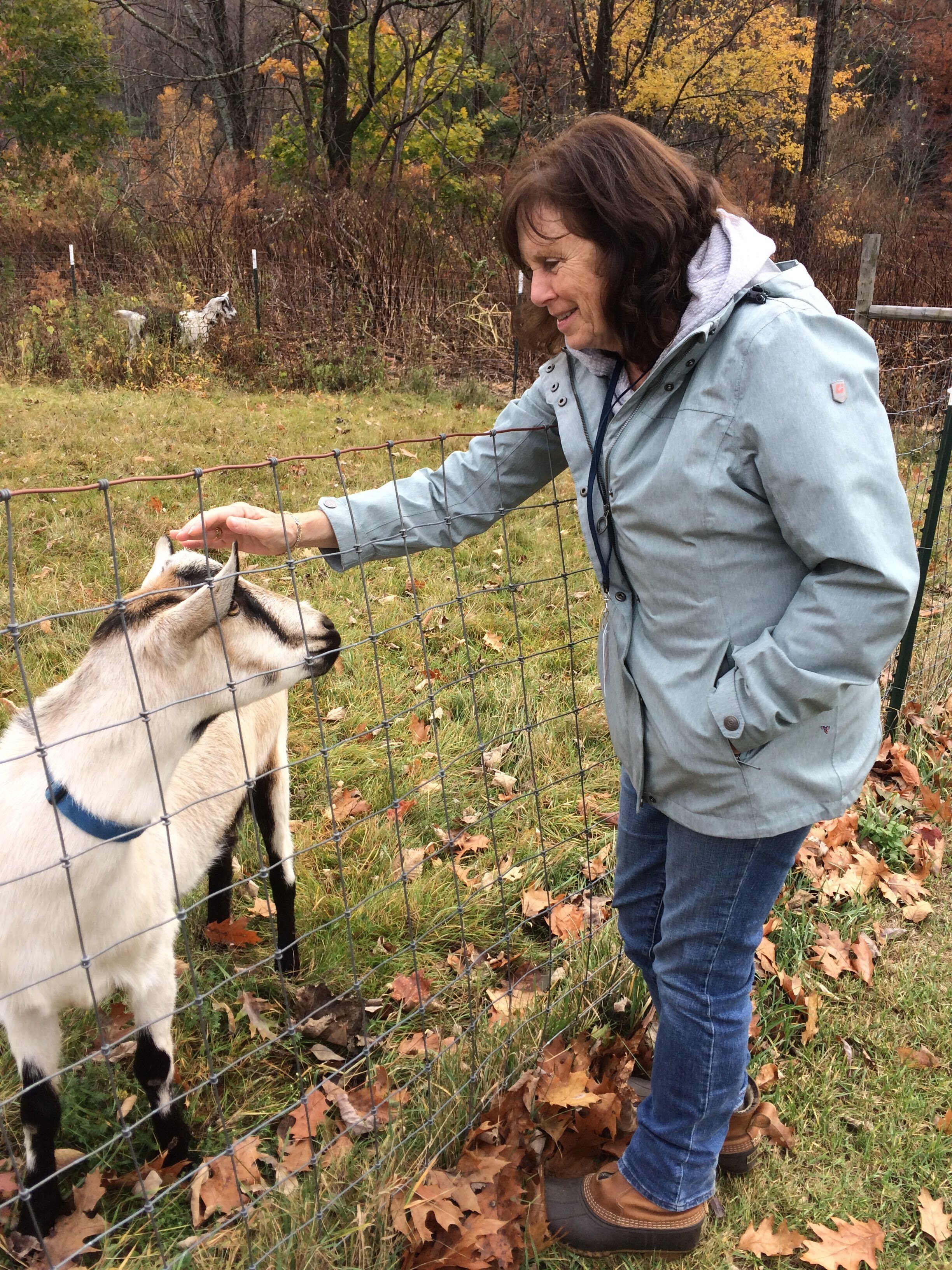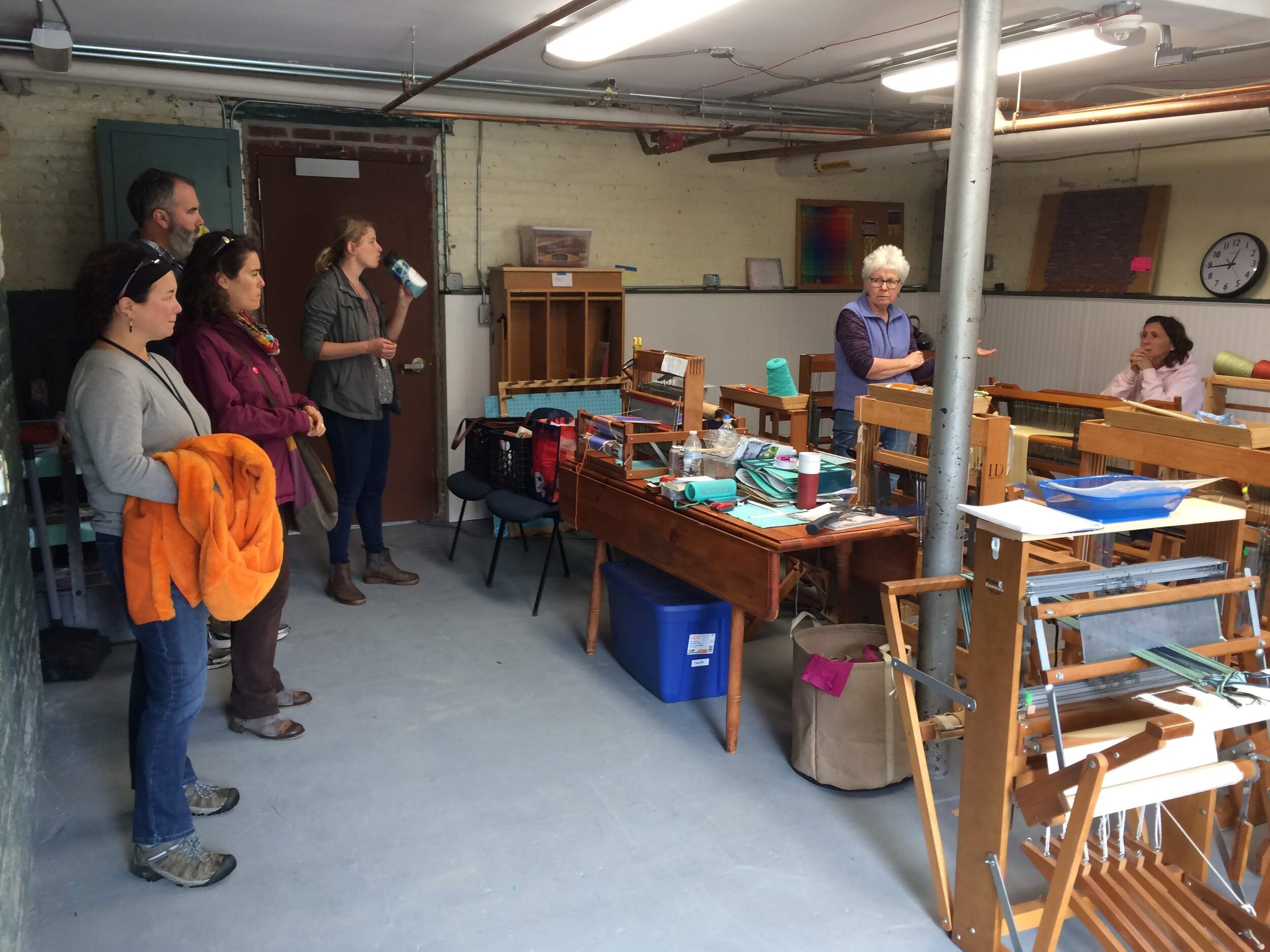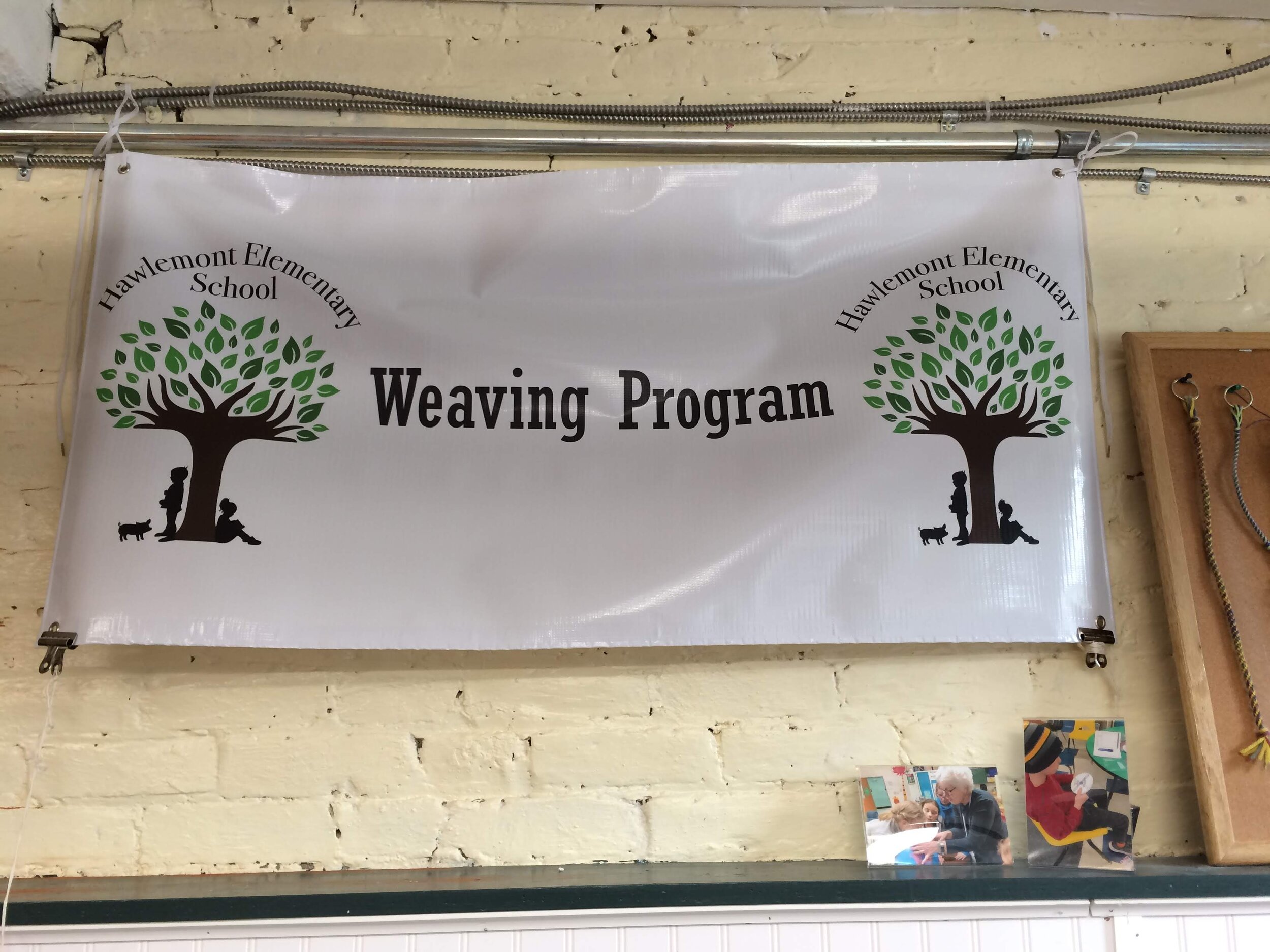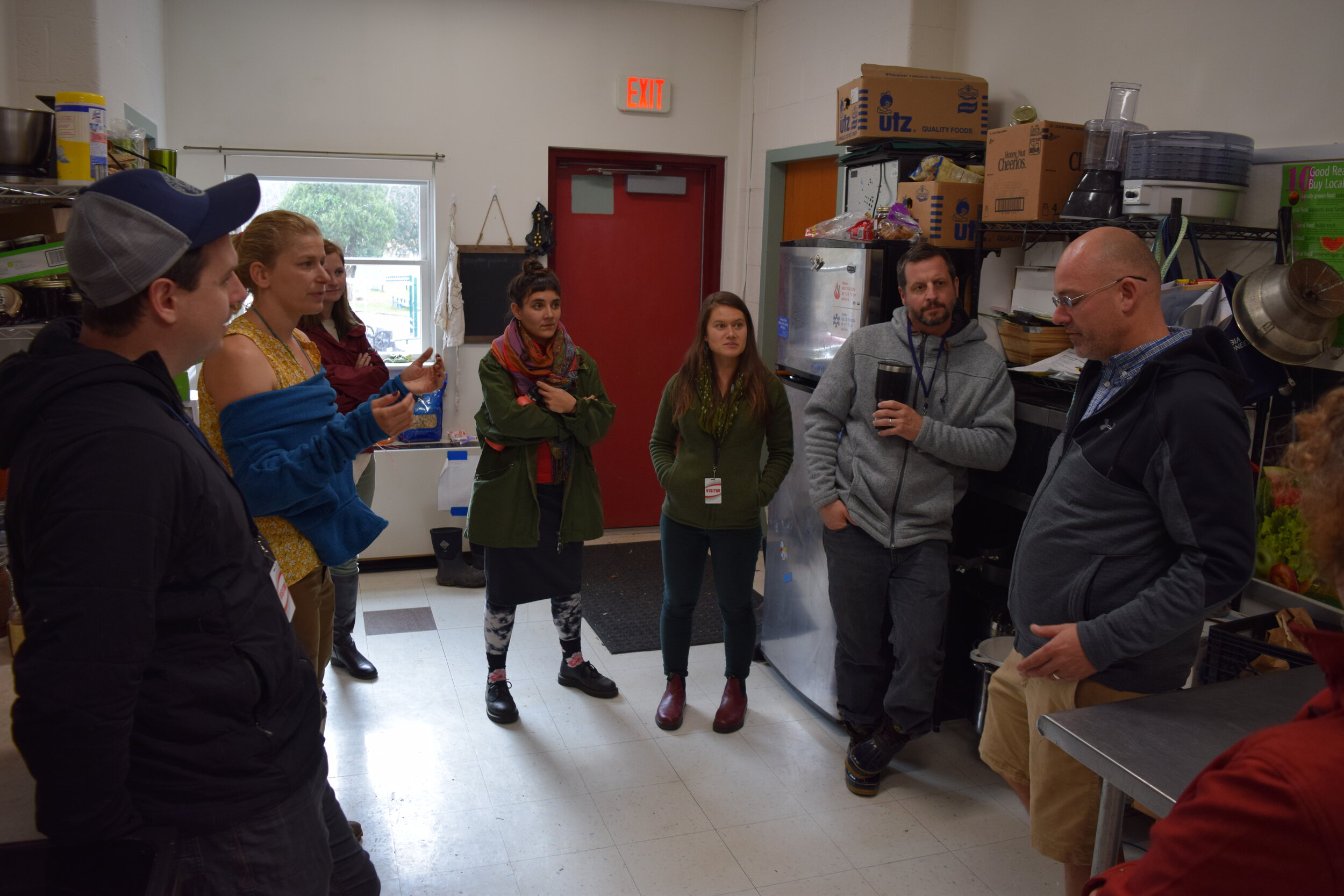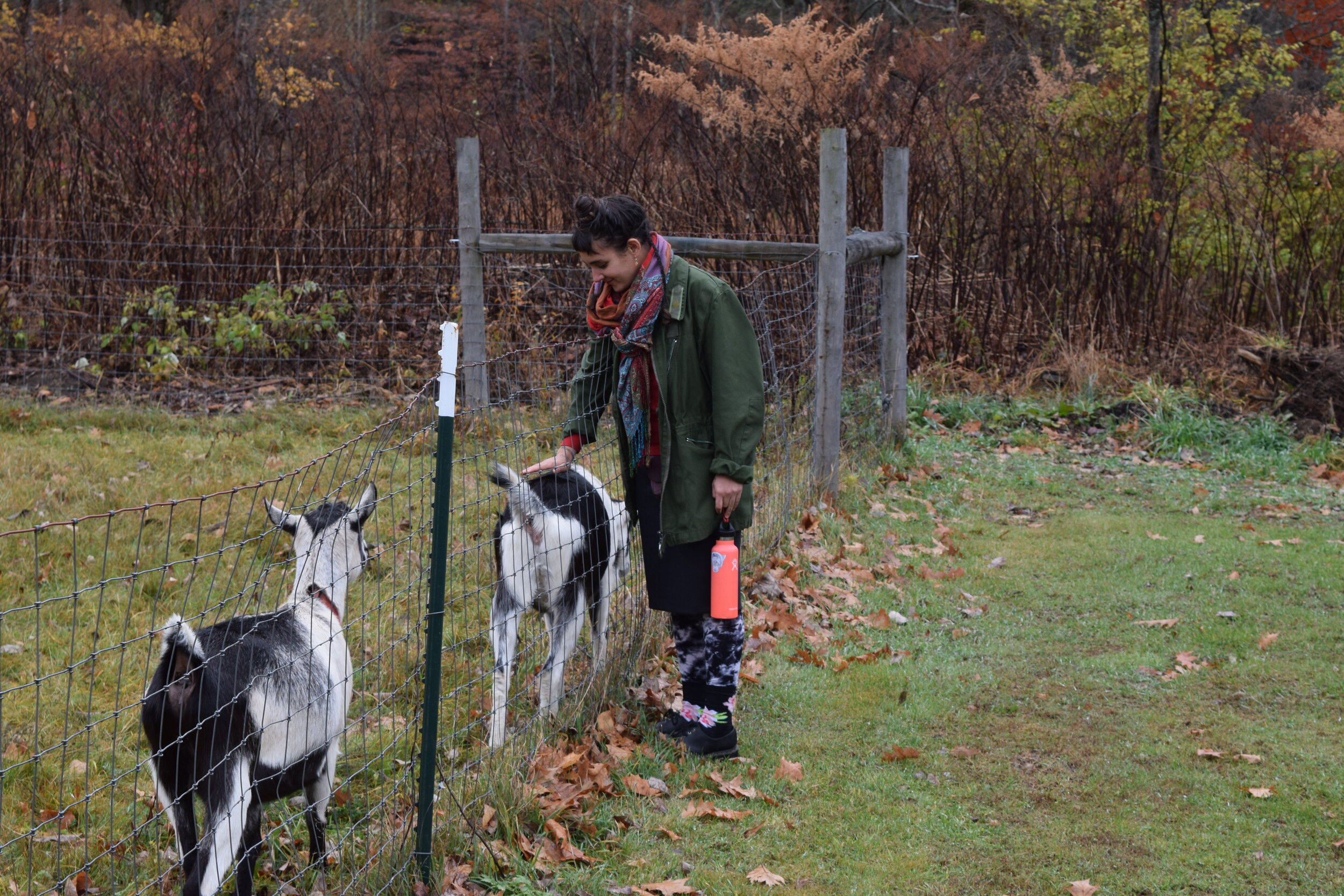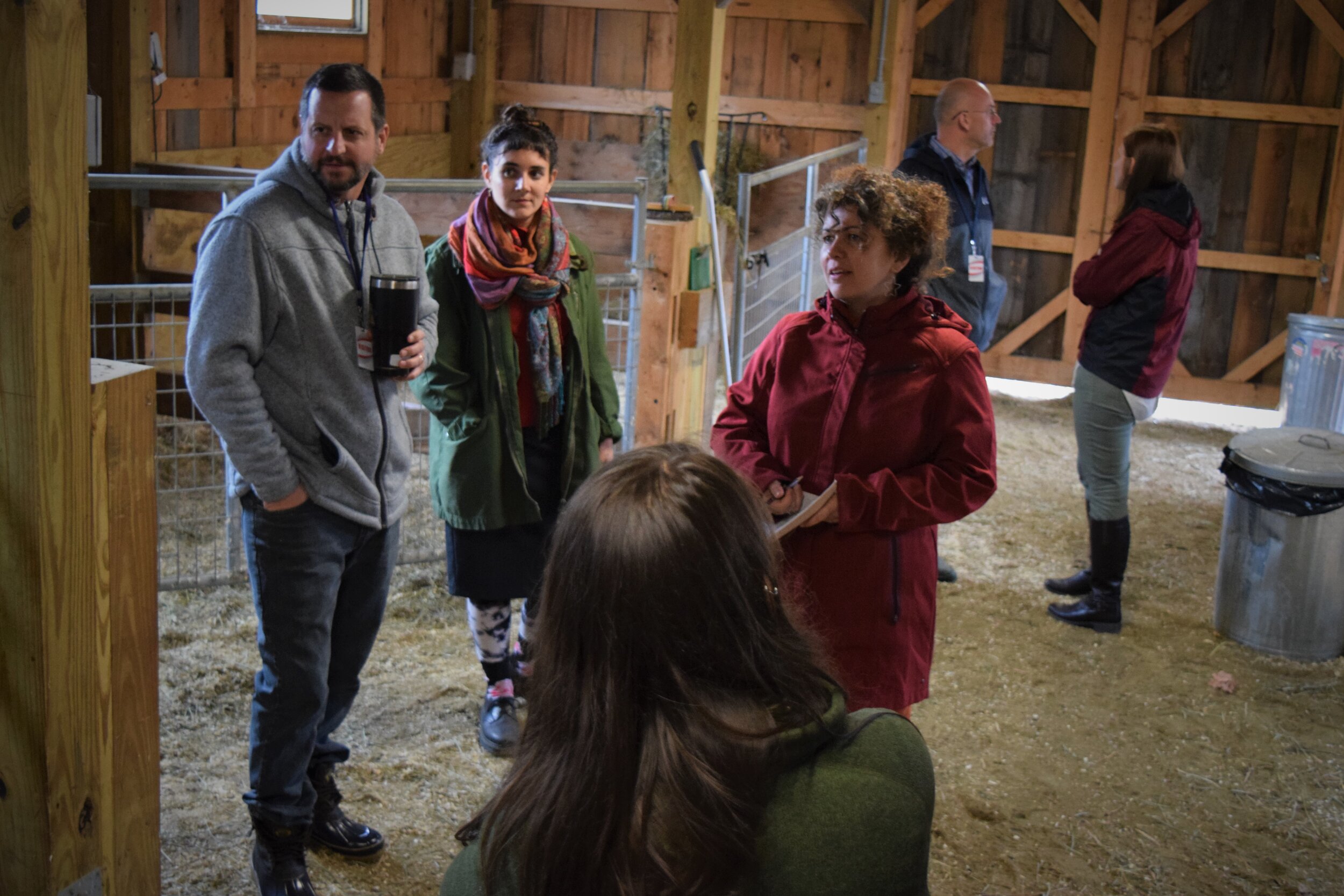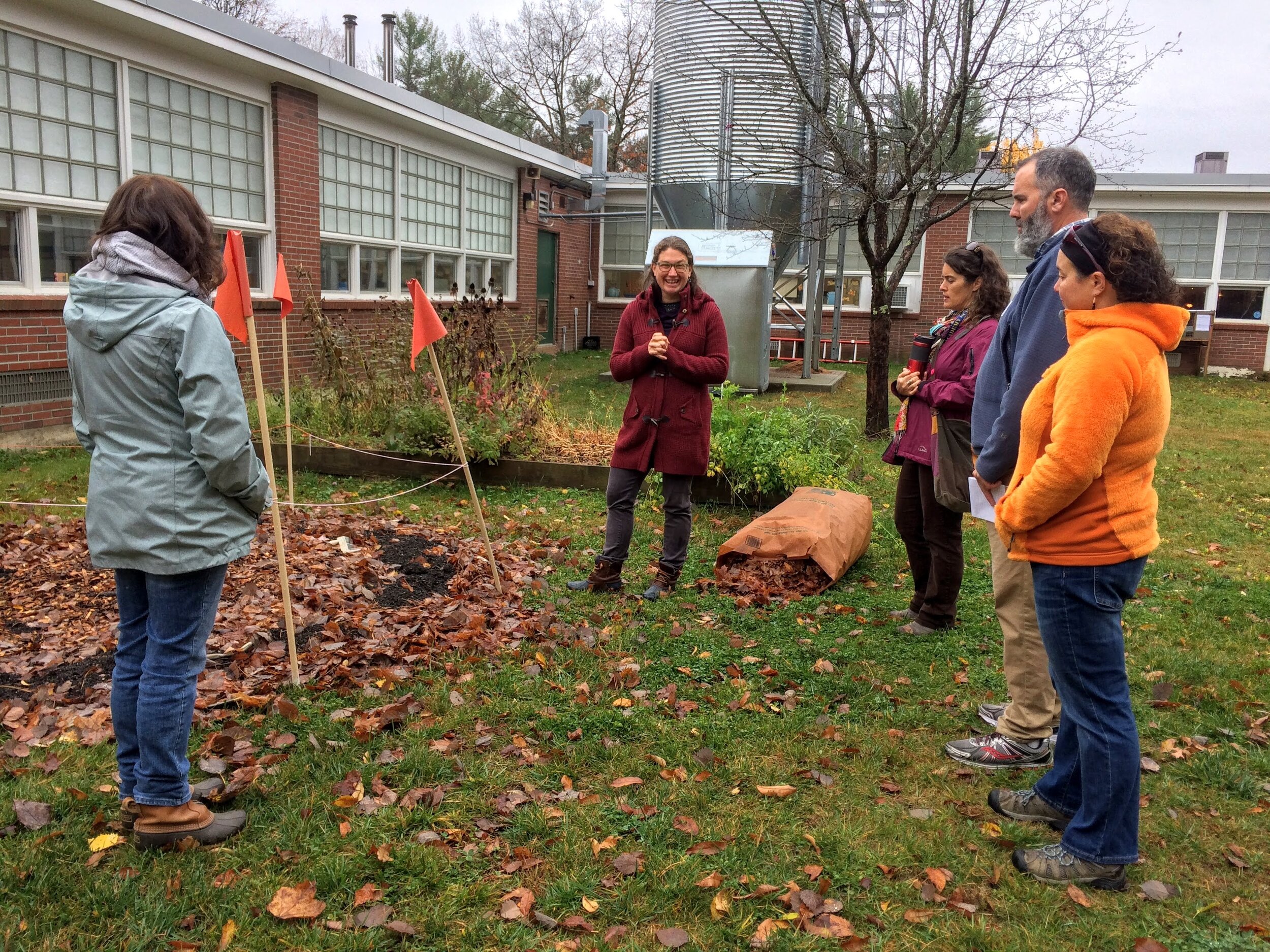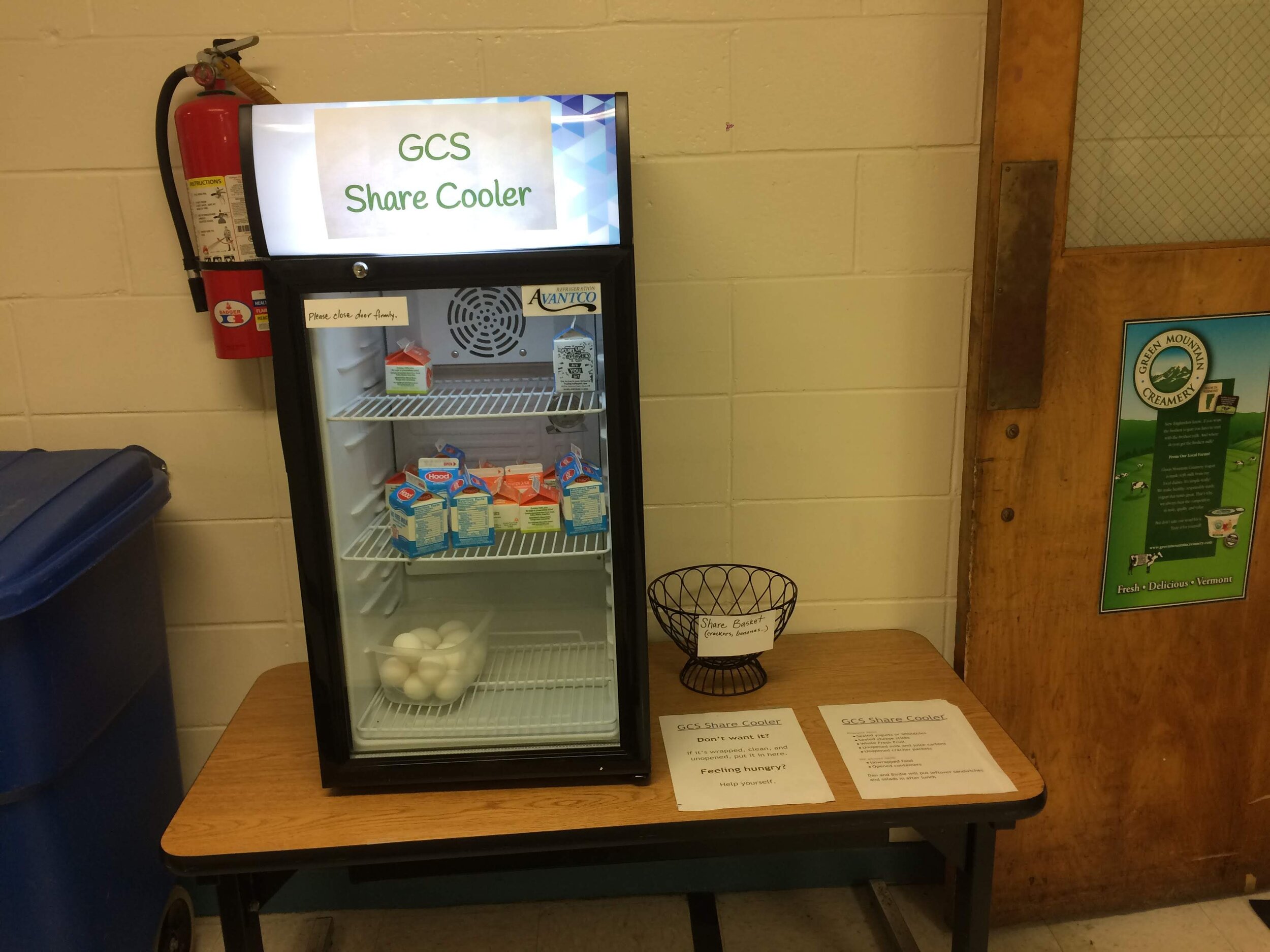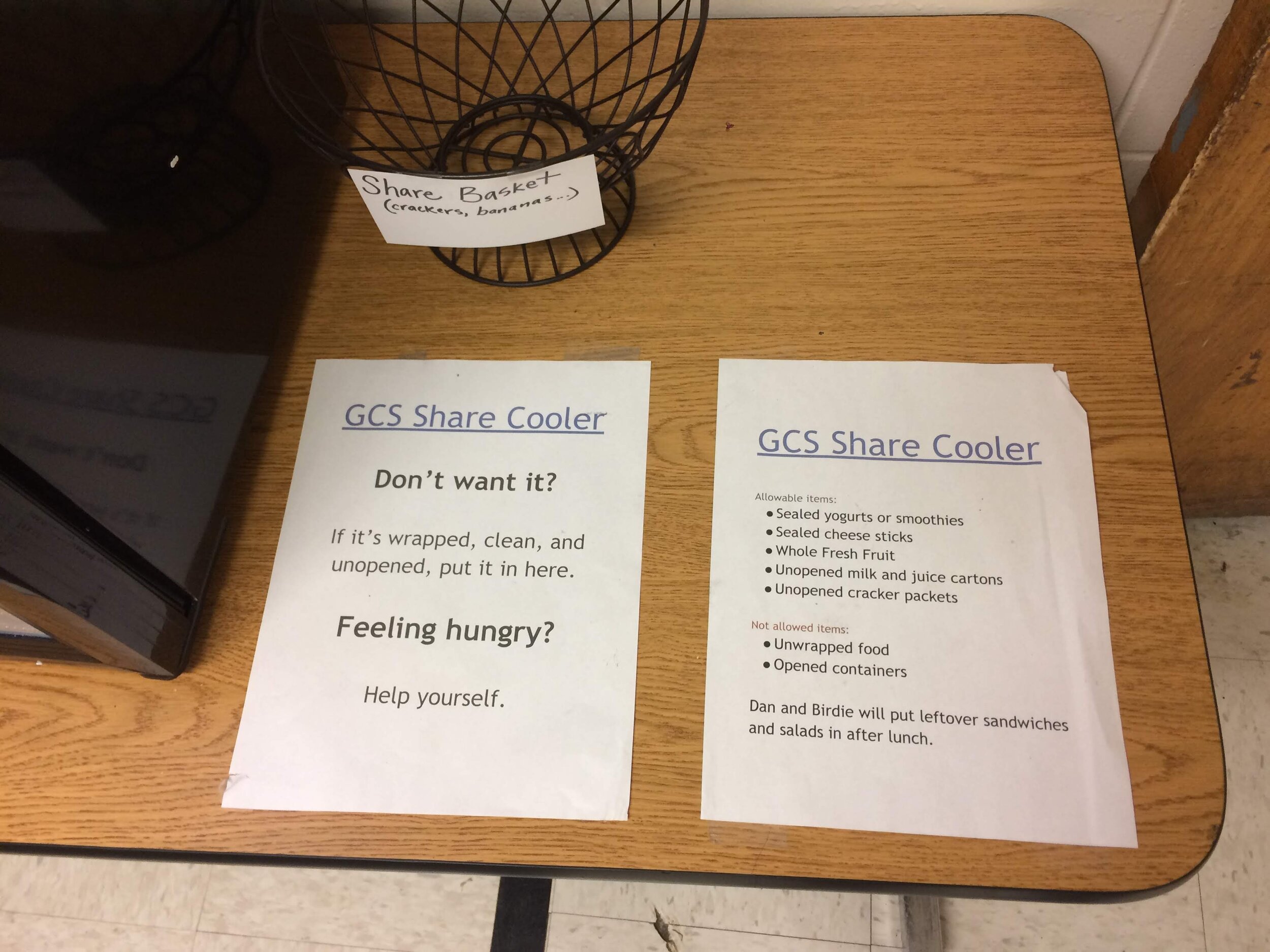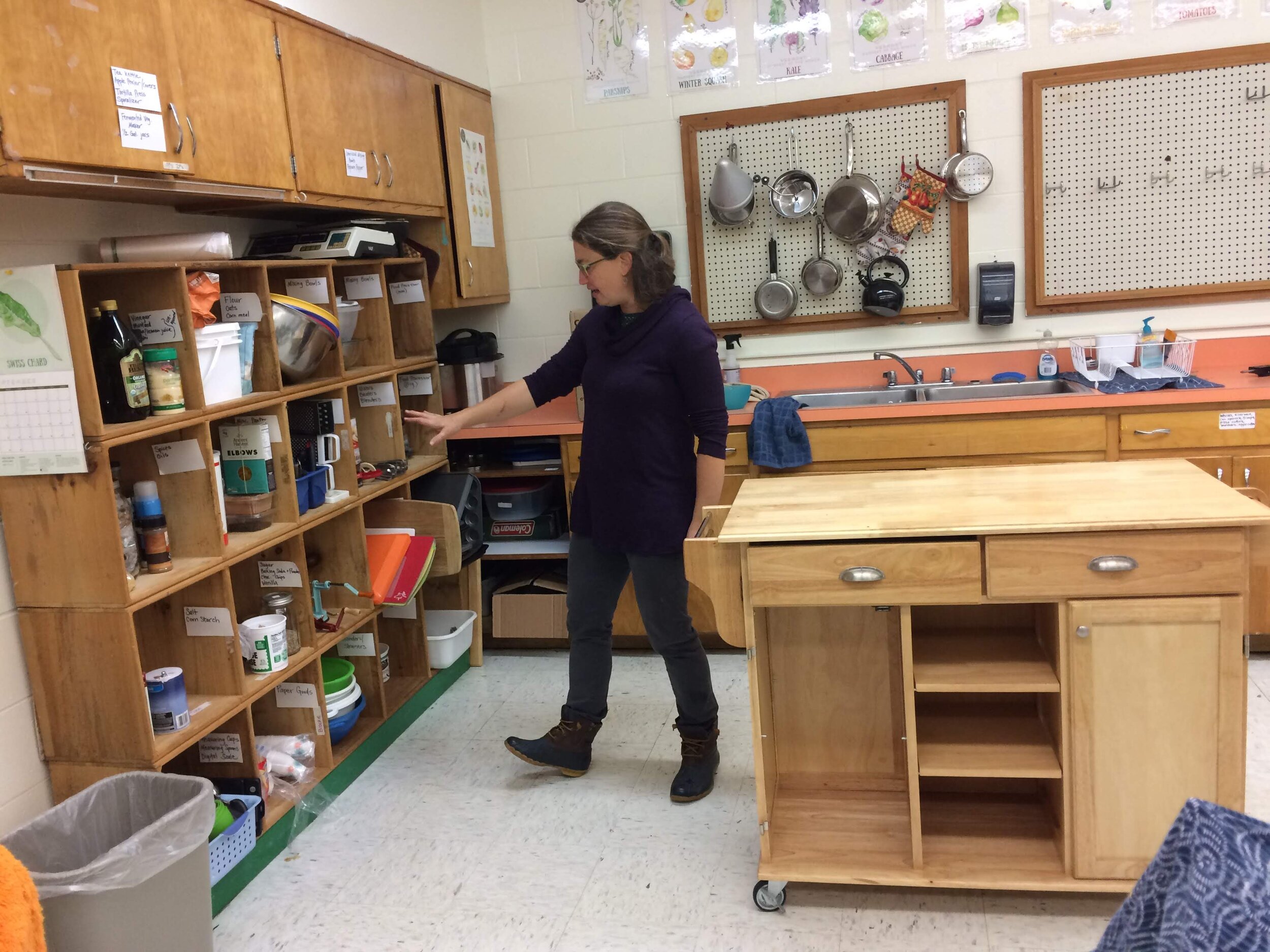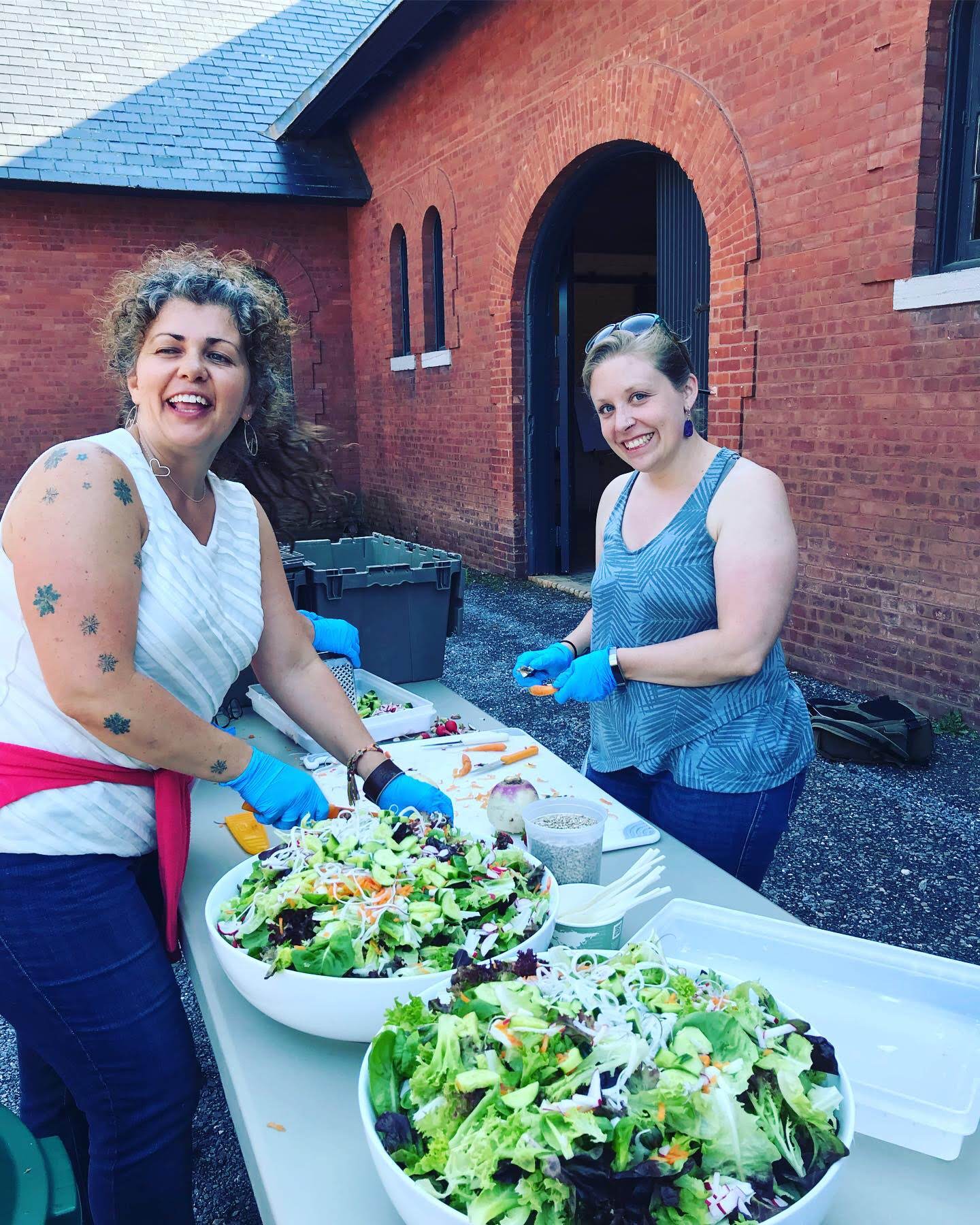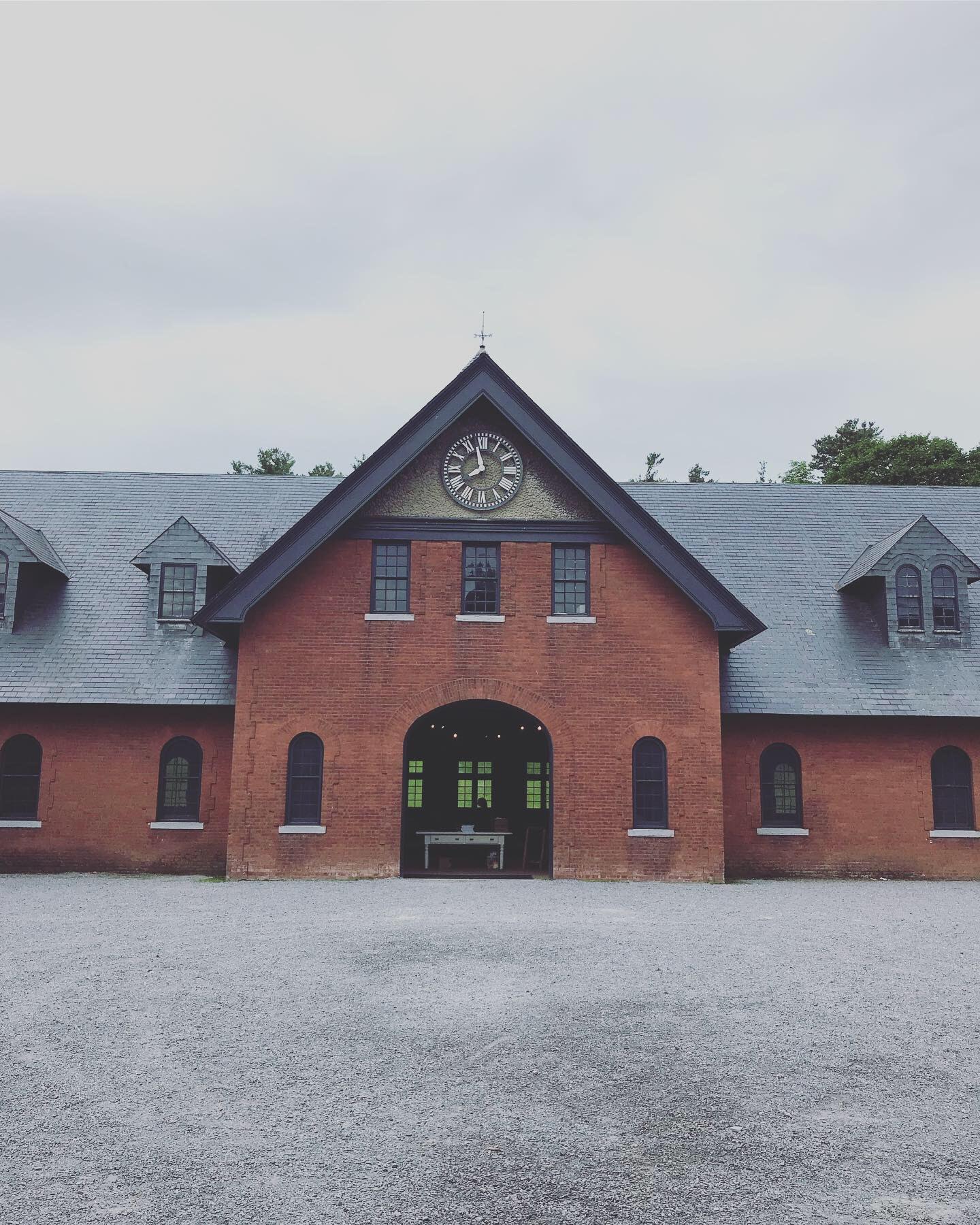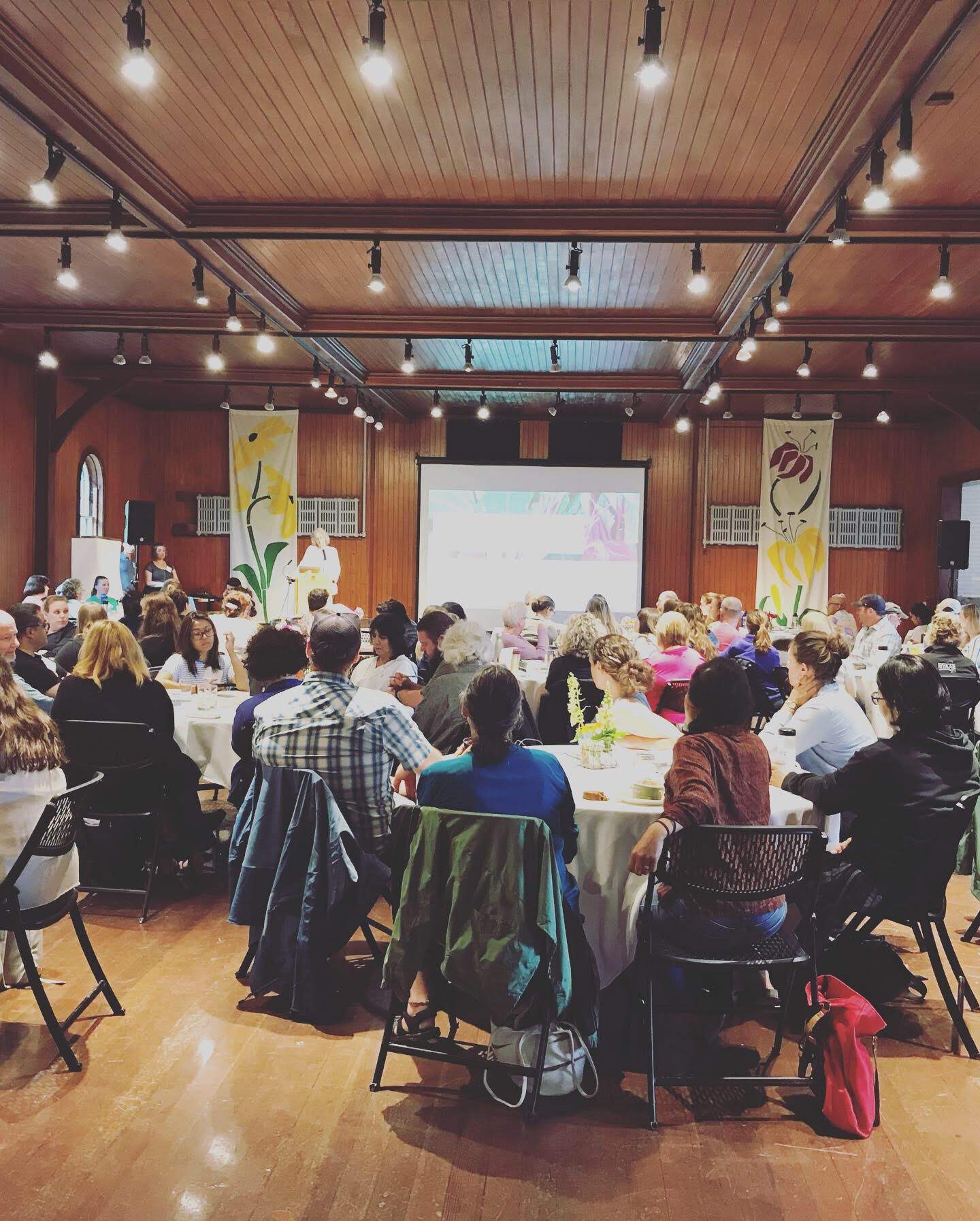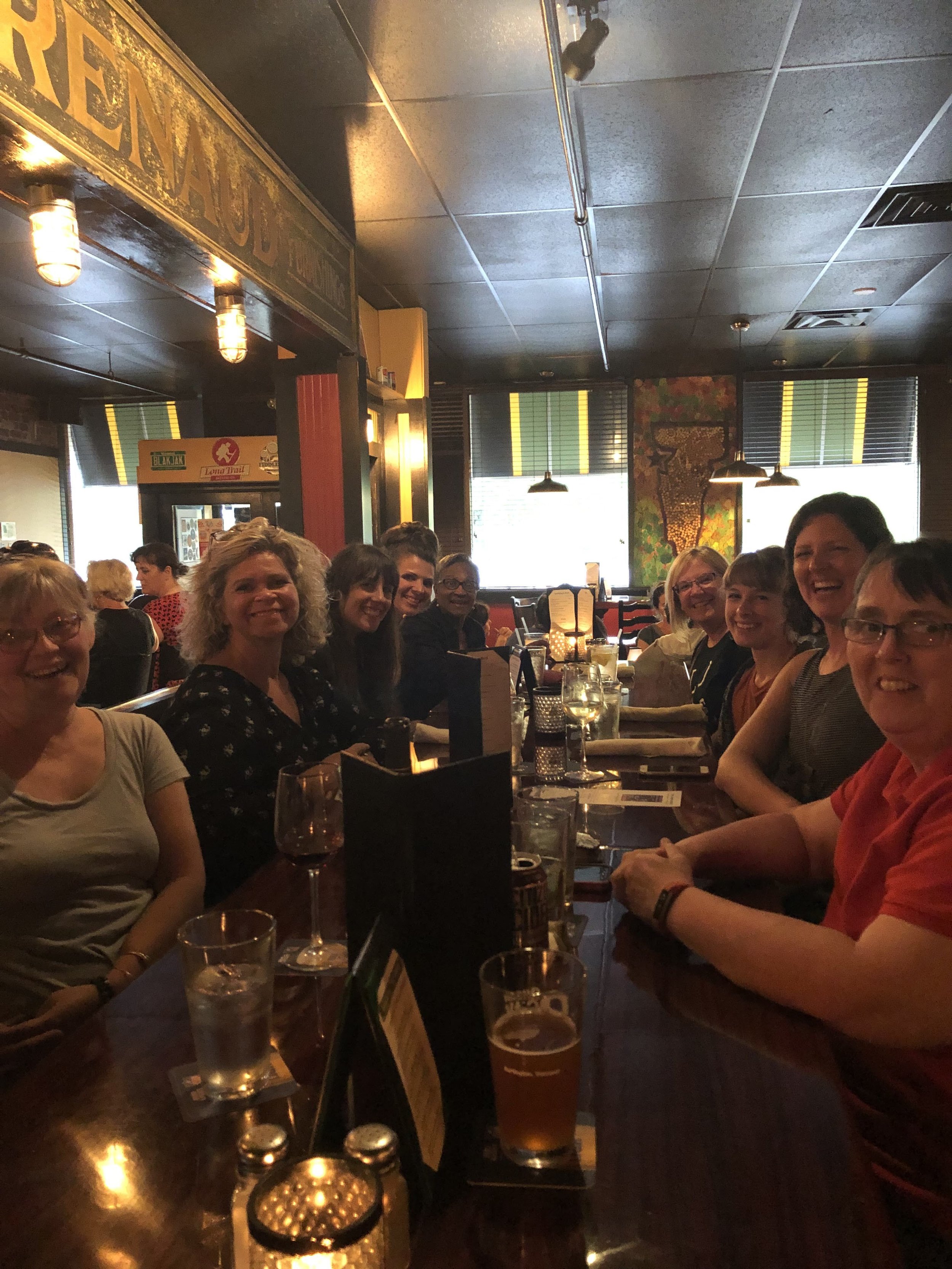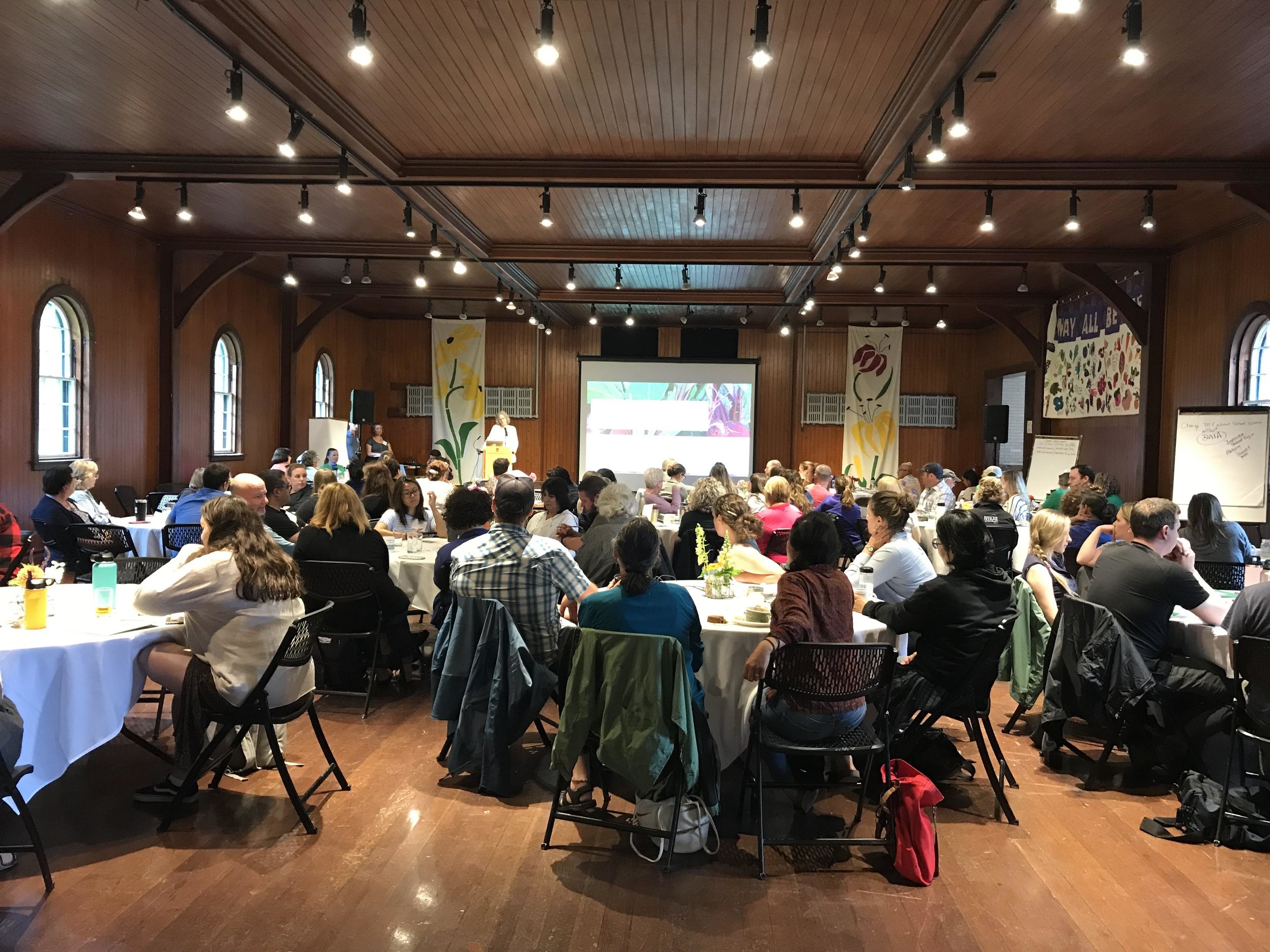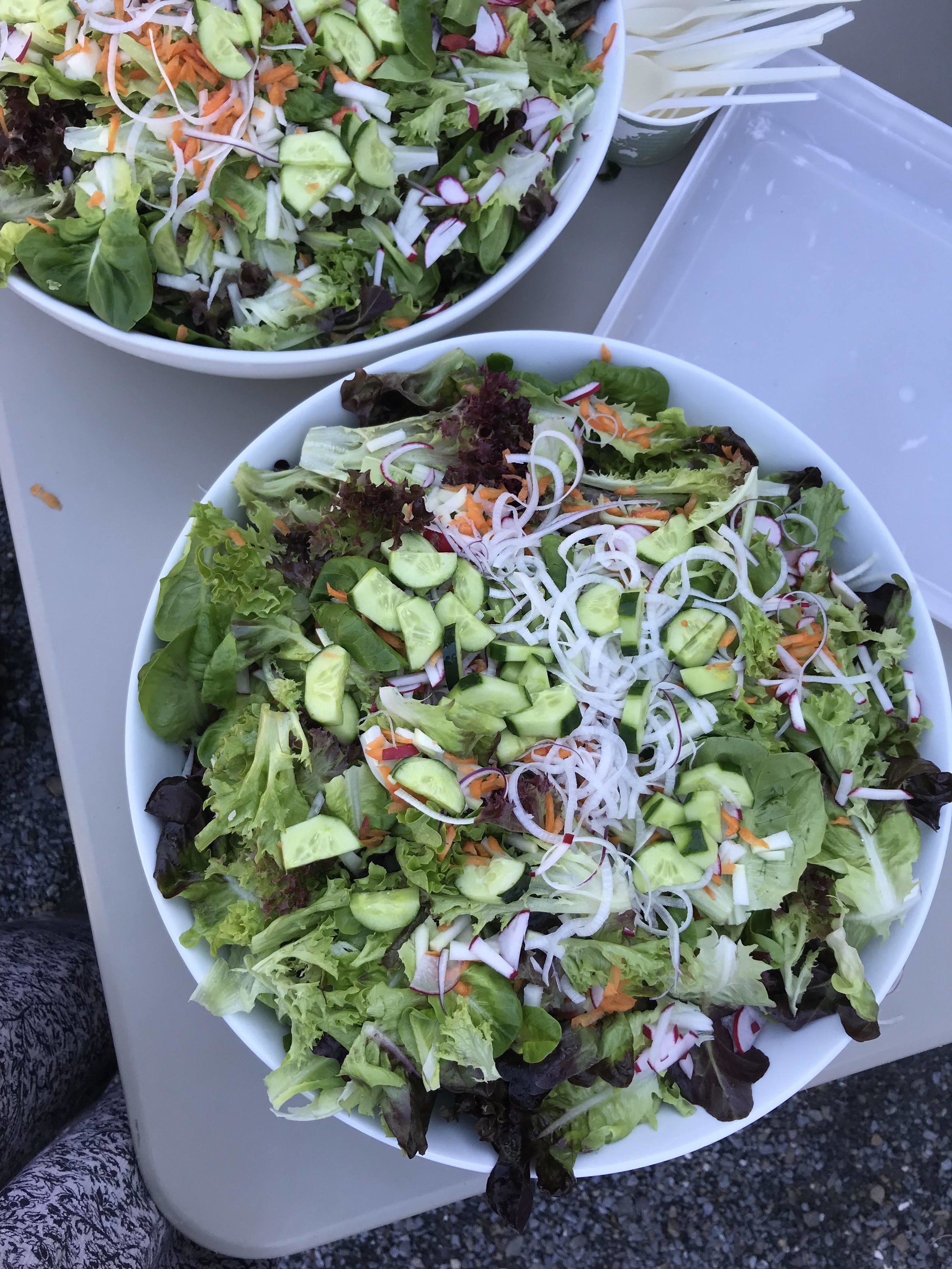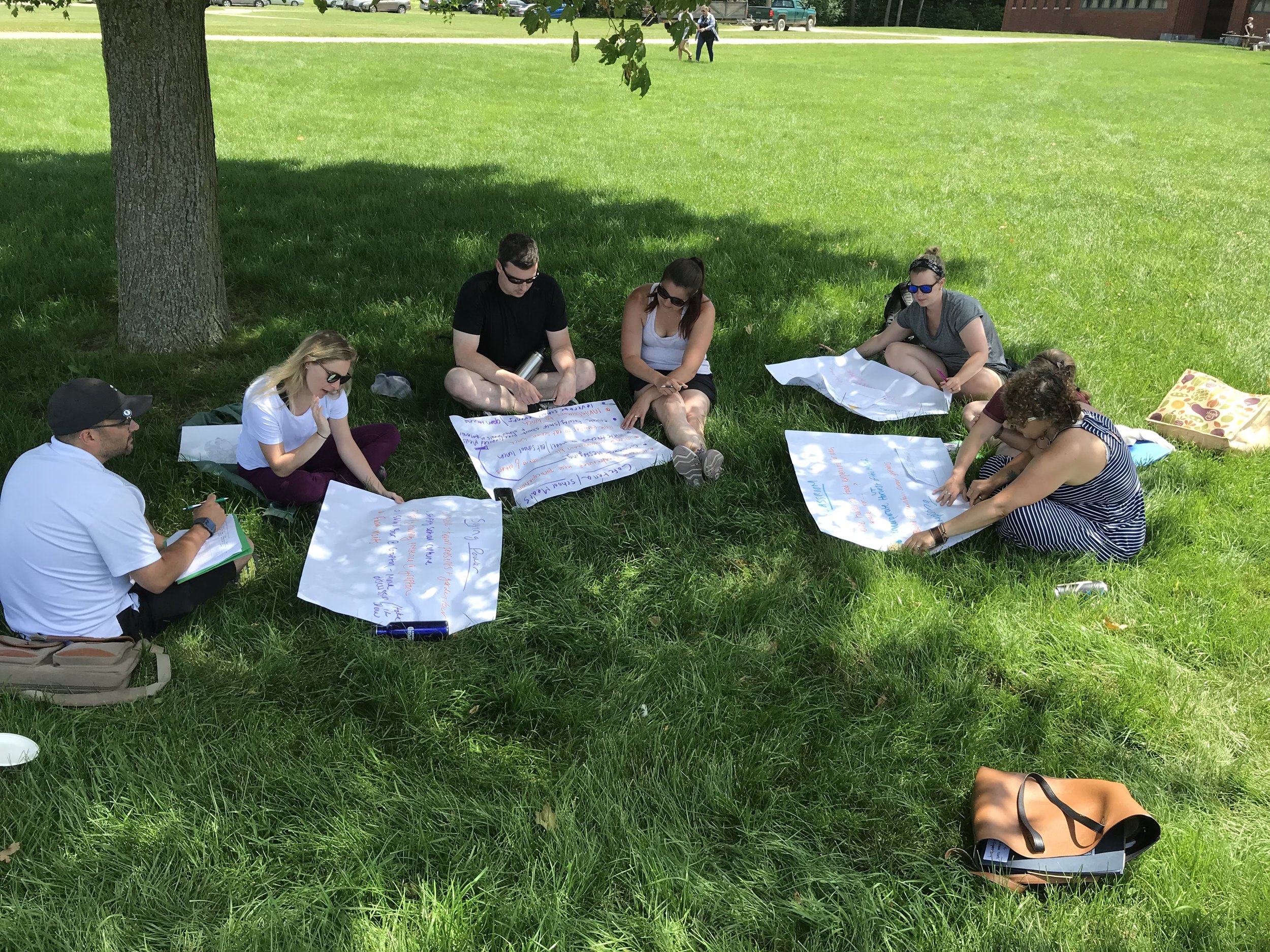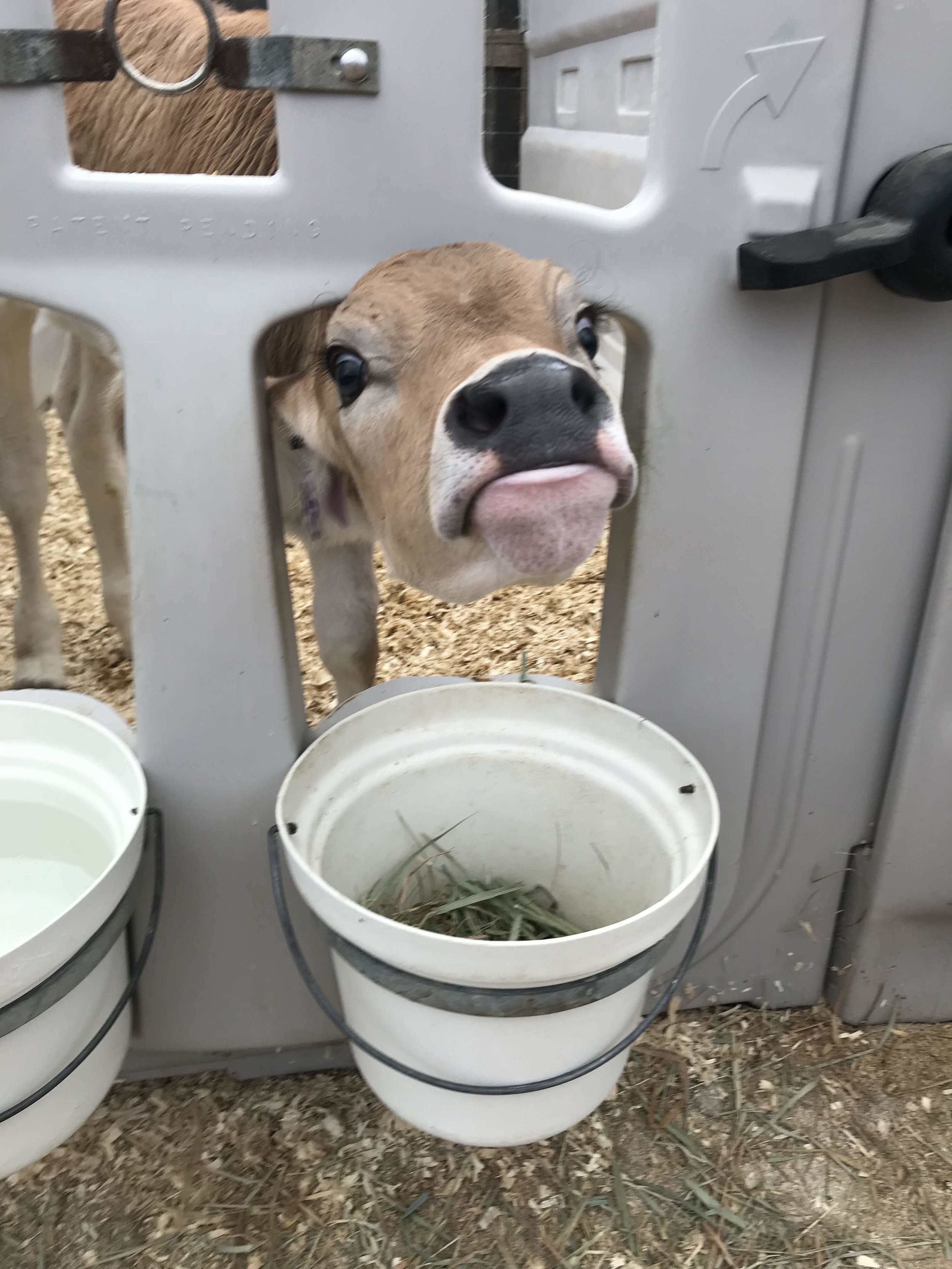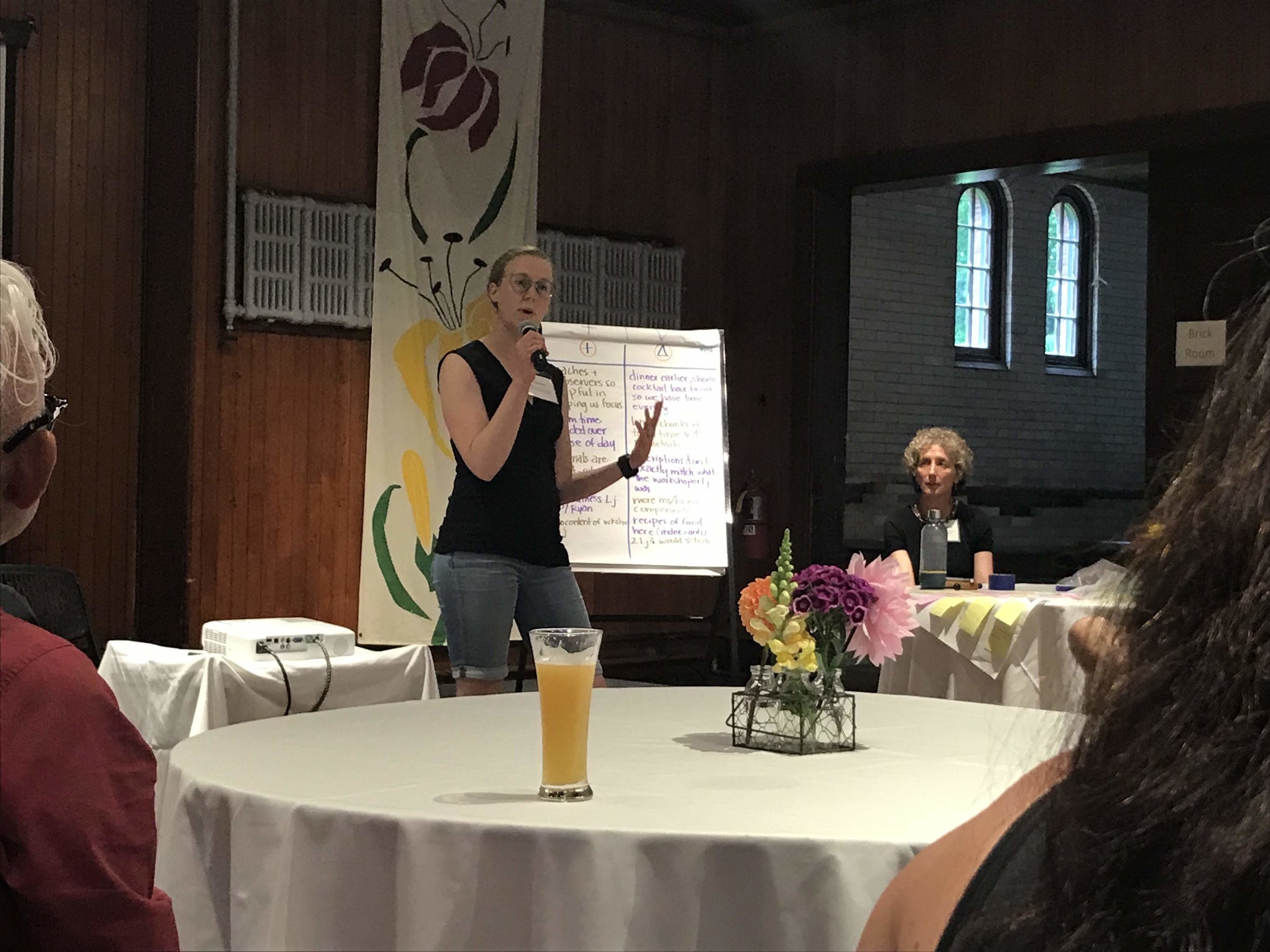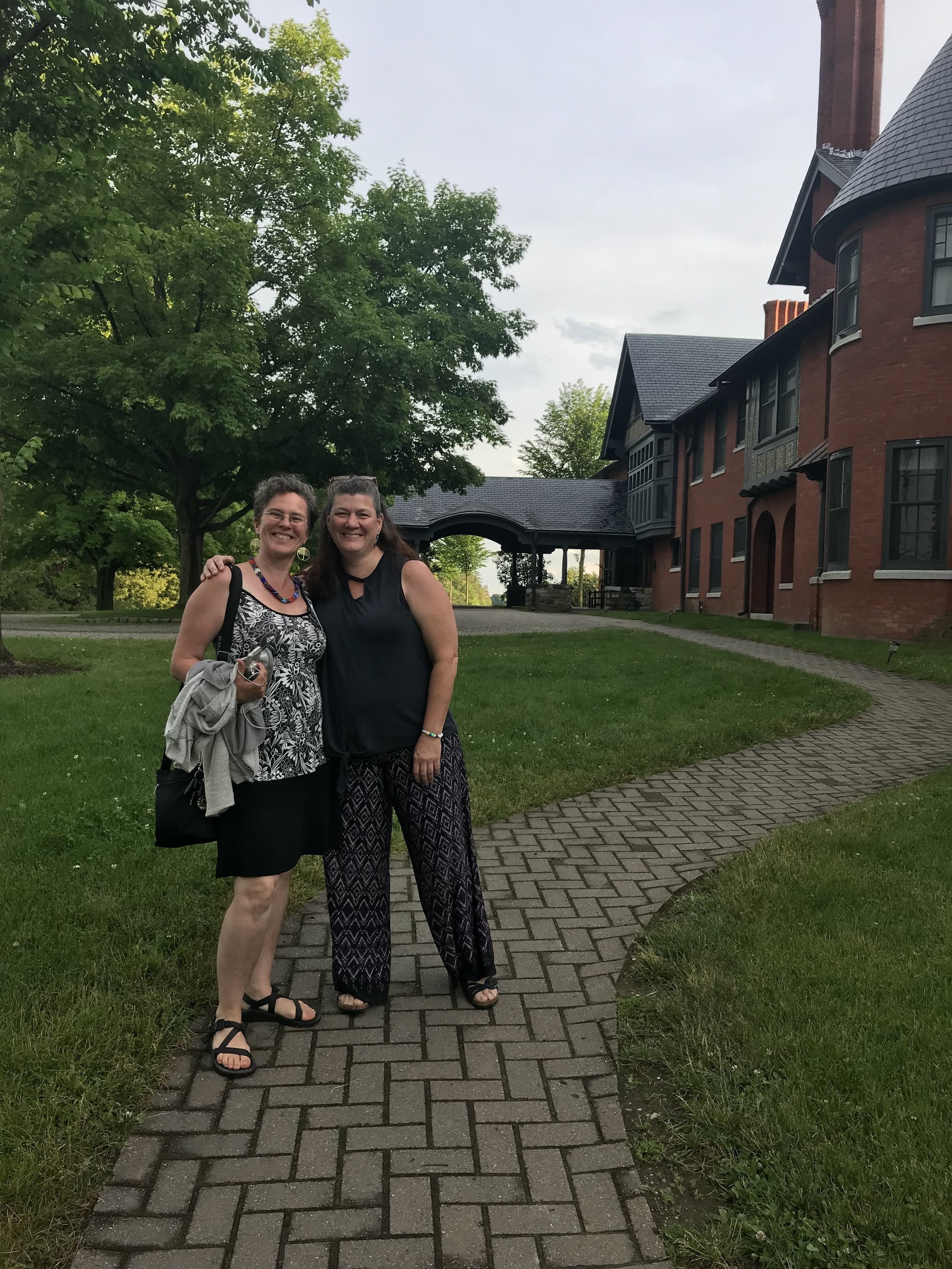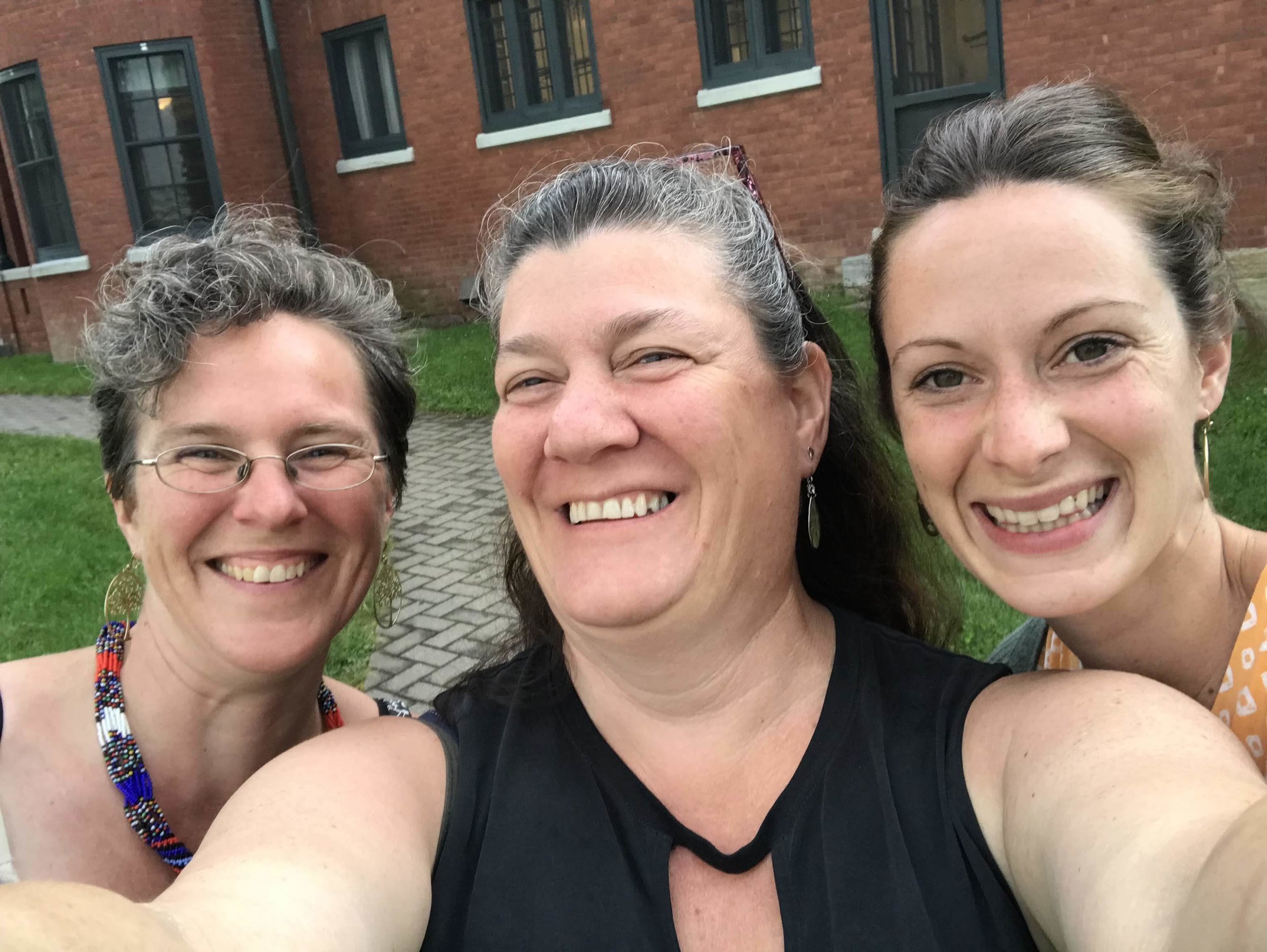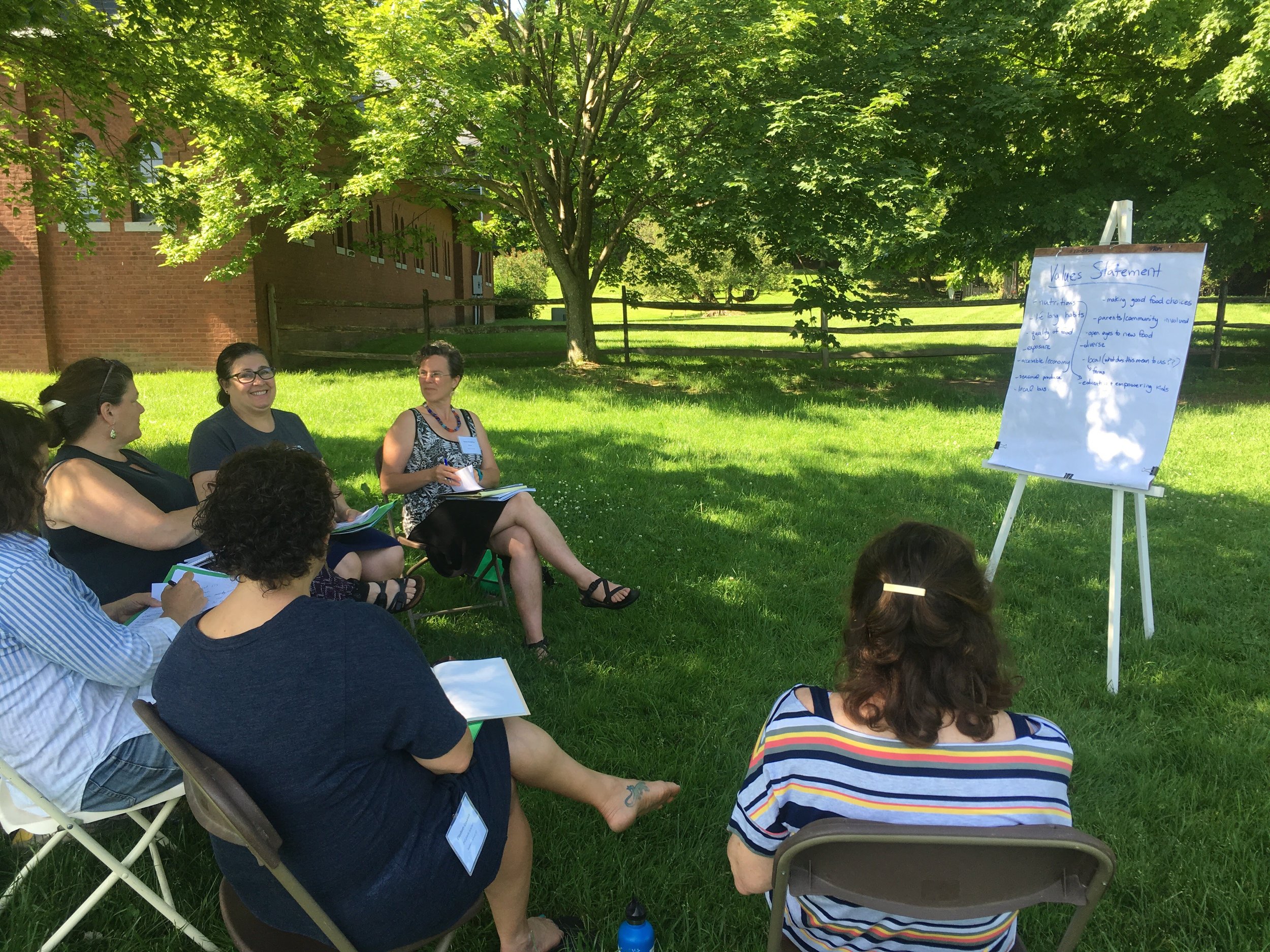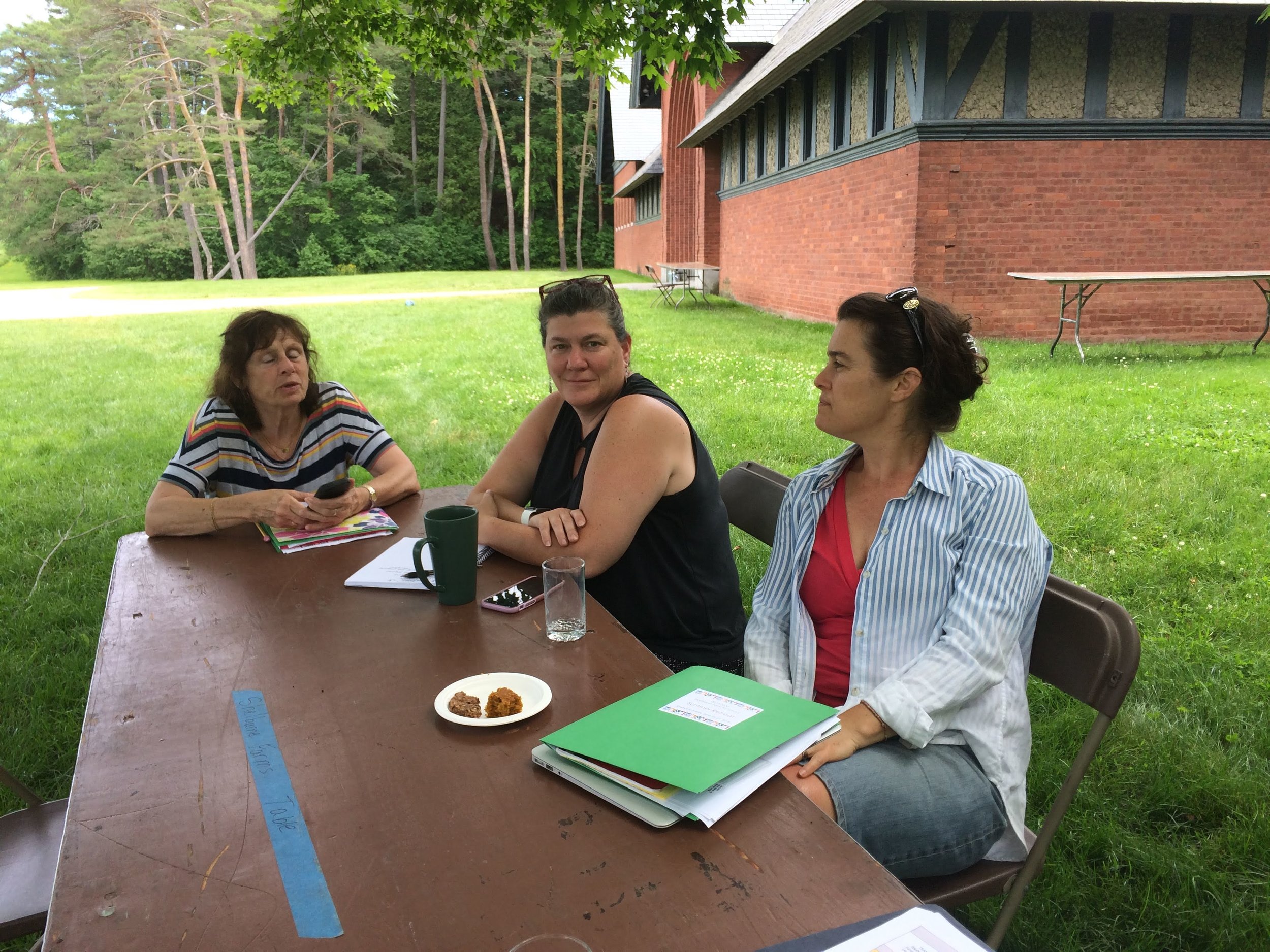This past summer, Food Connects accompanied two Farm to School teams to the Northeast Farm to School Institute (NEFTSI) summer retreat. The retreat kicked off a year-long program where teams receive Farm to School program support and professional development as well as year-round coaching. Academy School from WSESD and a joint Grafton Elementary School and Westminster Center School team from WNESU spent three days at Shelburne Farms planning for the school year, learning more about Farm to School programming, and networking with other professionals from across New England and New York.
As the rush of back to school started to slow down, Food Connects Farm to School coaches, Conor and Sheila, reconnected with their NEFTSI teams, excited to kick off the new school year with a strong Farm to School focus. Still energized by the summer retreat, both teams wanted to make sure they stayed connected with the larger Farm to School community while also working to improve the programs in their own schools. Luckily for everyone, southeastern Vermont and western Massachusetts are home to a number of leaders in the Farm to School movement. At Sheila’s suggestion, Food Connects helped to coordinate personalized learning journeys for both teams to visit two robust Farm to School programs in the area.
Hawlemont Regional School
Hawlemont is a public pre-K through 6th-grade school in the rural community of Charlemont, MA. Hawlemont was struggling to stay open after school choice resulted in declining enrollment. In an effort to save the school, staff and local community members decided to reinvent the school with a “farm-flavored approach to learning.” The HAY (Hawlemont, Agriculture, and YOU) program is now in its fifth year, and during that time the school has doubled its enrollment and now has a waiting list.
Hawlemont received grant funding and leveraged community support to build their program, using grant funds and donated supplies and labor to build a greenhouse, barn, and garden beds, and teachers worked together to create an integrated farm and food curriculum. The result is a complete reimagining of the school, featuring successful collaborations with local farmers and community members where Hawlemont students engage in hands-on learning as they care for animals, nurture gardens, and develop new skills in a real farm setting.
Hawlemont added a new staff position, HAY teacher, and all students have HAY class each week for 30-45 minutes, just like music, art, and PE classes. Each class has daily barn chores and learns cooking, canning, and preserving, as well as beekeeping and running a weekly in-school farmers market where produce from the school garden and value-added products like pesto, canned tomatoes, salsa, jelly, and freshly baked pies all made by students are sold to parents and the community.
Hawlemont is working hard to get more local food into its independently run lunch program. In addition to purchasing from local farms, when budgetary constraints allow, all of the jelly used for PB & J’s for the entire school year comes from jelly students in the HAY program make from either grapes grown on the school property or from fruit picked by students from local farms.
Guilford Central School
For years, Guilford has worked hard at building its Farm to School program and they have been a partner of Food Connects since 2014. In her second year, Sarah Rosow is the school’s Farm to School Coordinator. As both teams saw during their visits, Farm to School programming is strongest when there is a consistent collaboration between a dedicated coordinator and a team of champions from throughout the school. At Guilford, Sarah works with all the teachers to find time to incorporate Farm to School lessons into their existing curriculum as well as additional enrichment activities. She works with Dan, the school’s food service director, to integrate taste tests and Harvest of the Month items into the menu. Through this collaboration, Sarah is able to stay focused on Farm to School and keep projects moving forward, while the team of faculty and staff ensure that there remains a strong culture of Farm to School throughout the building.
So what does Farm to School at Guilford look like for the students? Getting dirty in the gardens, cooking up delicious Harvest of the Month recipes in the Farm to School room, and working in their classrooms to design and make market-ready products for the school gardens. From pre-K all the way to the 6th grade, students engage in Farm to School through classroom learning and extension activities.
Farm to School also reaches the cafeteria, where Chef Dan is an active member on the Farm to School team and works with Food Connects to increase local purchasing and track trends over time. This past Thanksgiving, Dan put on a feast for the entire community that highlighted many local items. Now, he’s working with Sarah to highlight many of the dishes students make in the Farm to School classroom by incorporating them into his lunch menus.
The Guilford Farm to School program made a particularly large splash this past month when they hosted their inaugural Holiday Market, where local vendors joined students in selling different crafts. Of the money made by each classroom by selling their items, half is being donated to a charity of their choosing and the other half is going to be reinvested in Farm to School programming for the students.
After two inspiring days of learning and sharing, there were definitely some themes the teams walked away with when thinking about program longevity and sustainability. In both schools, there was a balance between team collaboration and a main coordinator. Oftentimes, Farm to School programs grow their roots in a school thanks to the devoted efforts of a single champion. While that helps keep the momentum going, it’s important to quickly build a diverse team of support. Otherwise, when that champion leaves or becomes too busy themselves, all the work they did can get lost in the shuffle.
The community support both schools have is also one of their greatest strengths. In Hawlemont, community members rallied to save their school, build a barn, and help care for the animals. Guilford partners with local farmers to source beef for lunches, handle their food scraps, and support events like the Holiday Market. In addition to gathering a diverse team of school staff, another first step for a fledgling Farm to School program should be to think about what makes their community special and ways to involve community members as much as possible.
Lastly, both programs are actively involved in parenting their financial sustainability. Grants and fundraising are inevitably a big part of Farm to School. Having dedicated coordinators to work on larger projects and support from organizations like Food Connects goes a long way in supplementing school budgets. Each program has its own needs, but having a variety of funding sources for staff and materials is key in creating robust programs that carry on for years.


